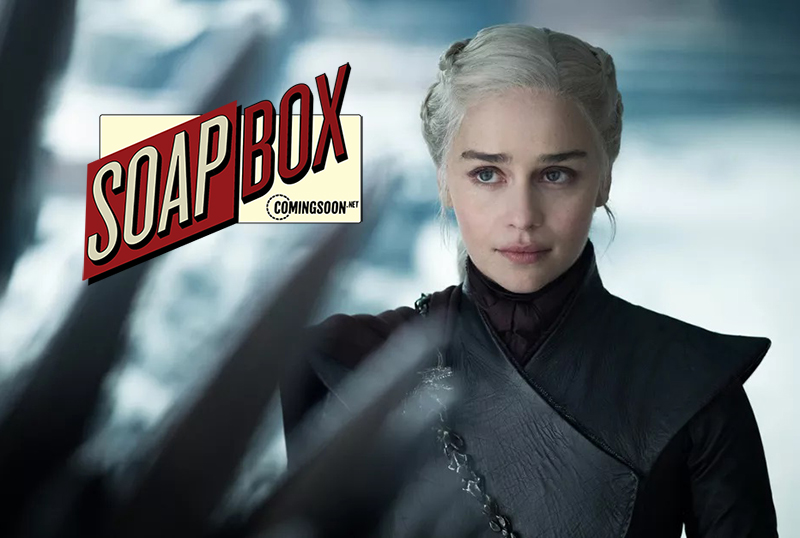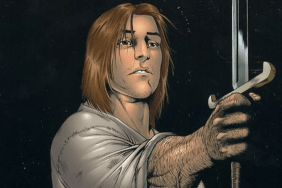A year ago everyone’s biggest grievances seemed to be against Game of Thrones. I’m sure you can recall the petition that was made begging HBO to redo season 8 (acquiring over a million signatures). In June of 2019, when it was all over, fans of the pop culture phenomenon found themselves in mourning. Not just of White Walkers, dragons, and wine bottles on a Sunday night, but well-rounded character arcs and broken promises.
The undisputed consensus: expectations were not met. Even the fans who went into Season 8 defaulting to, “you can’t possibly please everyone” eventually gave into the resounding cry of “WTF.” What started as acceptable in Episode 1 and 2 became iffy in Episode 3, disappointing in Episode 4, nonsensical in Episode 5, and disparaging in the final: the Night King’s demise was anticlimactic (not having Jon fight him is like not having Rocky fight Apollo), Daenerys Targaryen’s Mad Queen arc felt unearned/contrived, and Bran ‘the Broken’ did not have the best story.
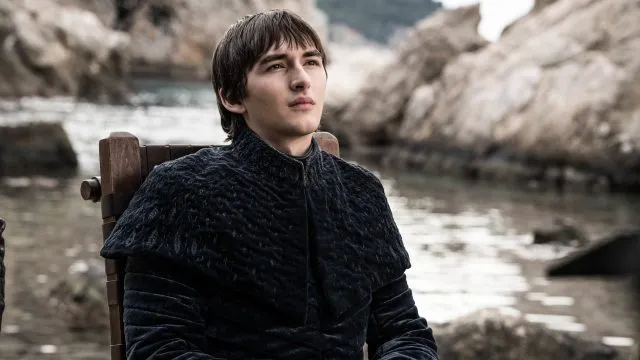
RELATED: CS Soapbox: Is The Witcher Really the New Game of Thrones?
On paper, a lot of those plot points probably looked great. George R.R. Martin supposedly sat down with D & D in 2013 to discuss his outline for the remainder of A Song of Ice and Fire (which has yet to be finished). Unlike previous seasons, 5ish and 6-8 merely adapted those plot points, filling in the gaps with whatever Weiss and Benioff felt appropriate. The writing suffered as a result. Sure there were some awesome battle sequences but gone were those quiet, grounded, and relatable moments lending credibility to Westeros’ immensity.
In its youth, Game of Thrones was one of the greatest distractions of all-time. Brilliant, uncompromising, and trustworthy when it was able to play with its source material. Near the end of season 1, for example, Eddard Stark can be found in a cell. His final POV chapter from Game of Thrones sees him curse himself for believing that dignity and honor could bring about justice:
“Fool,” he cried to the darkness, “thrice-damned blind fool.”
Varys then gives him a speech about learning how “each man has a role to play.” Ned Stark has no interest in role-playing. In addition to just telling Varys that his life isn’t some precious thing to him, the writers of the HBO series added:
You grew up with actors; you learned their craft and you learned it well. But I grew up with soldiers. I learned how to die a long time ago.
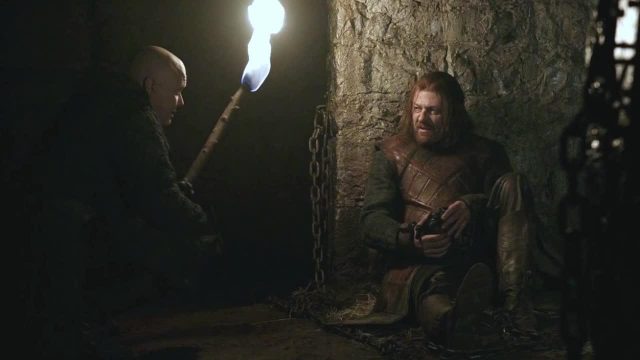
Badass.
RELATED: CS Soapbox: Supernatural Will Do What GoT & Star Wars Could Not—End Well
Unfortunately, Ned Stark died without his honor, admitting to treason he did not commit because he wanted his daughters to be safe. That’s why Game of Thrones was great because it didn’t give a shit about pleasing us or its characters. Its fantasy world felt unfair in almost the same way that our world does.
On top of the magic, it had the political divide of Starks, Lannisters, and Targaryens; characters confronting the lies they believed to be true. Ned Stark believed that honor was all that matter. Joffrey believed the opposite. That’s why Ned Stark was executed; because Joffrey had more power, making him “right.”
Ned Stark’s death provoked the battles that would follow. Narrative consequences like that make sense. This fact escaped Season 8 as Tyrion became the human embodiment of a brain fart and Dany “forgot about the Iron Fleet.” Jon not only knew nothing but learned nothing (even after dying in a similar way to Ned) and Jaime somehow end up in the same place he began (prophecies be dammed). Every seed of foreshadowing seemed to bury itself in the Dorne sand. It felt rushed. Shocking and spectacular moments were prioritized over systemic evolution. No prince had been promised nor had the night been that long—Winter RUSHED by without a single case of frostbite (at least not that we could see).
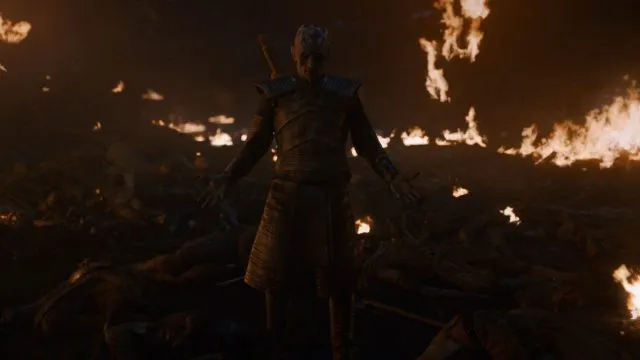
So we became disillusioned and dissatisfied. How can the greatest television show of all-time not make sense? It has to. Nothing else does (especially not in 2020).
RELATED: CS Soapbox: Tiger King, the Binge We Deserve but Not the One We Need Right Now
The season itself was disappointing, not just the finale (which was passable). We threw around hate and blame, metaphorically burning the showrunners at the stake. Then we thought of the workers; the cast and crew that labored tirelessly to create something meaningful and we let it go. Reminding ourselves that it was just a TV show, we asked ourselves what actually mattered: friends, family, the pursuit of happiness, Avengers: Endgame…We admitted ignorance and started viewing Game of Thrones like a bad relationship we contributed to.
A year later, we’ve over it. An ending doesn’t cancel out all the great things that came before: Daenerys rising from the ashes with her three dragons, Jaime’s hot tub lamentation on the nature of his “betrayal,” Hodor holding the door, the red wedding, or the execution of Ned Stark. The latter wouldn’t have been frustrated with Season 8; he would’ve been upset with us for expecting perfection from something that had already proven to be imperfect.
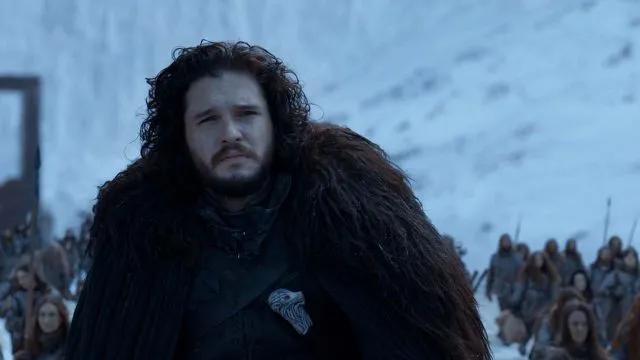
It won’t be mentioned with Breaking Bad or The Wire but Game of Thrones still changed television for the better. The look on Jon Snow AKA Aegon Targaryen’s face as he rides North in “The Iron Throne” is one of relief—there’s freedom beyond a disappointing narrative.
Still, it could’ve been better…Right?
The answer to that question is Yes. It could’ve and should’ve been much, much better.
Game of Thrones Season 8
-
Game of Thrones Season 8

Episode 8.06
-
Game of Thrones Season 8

Episode 8.06
-
Game of Thrones Season 8
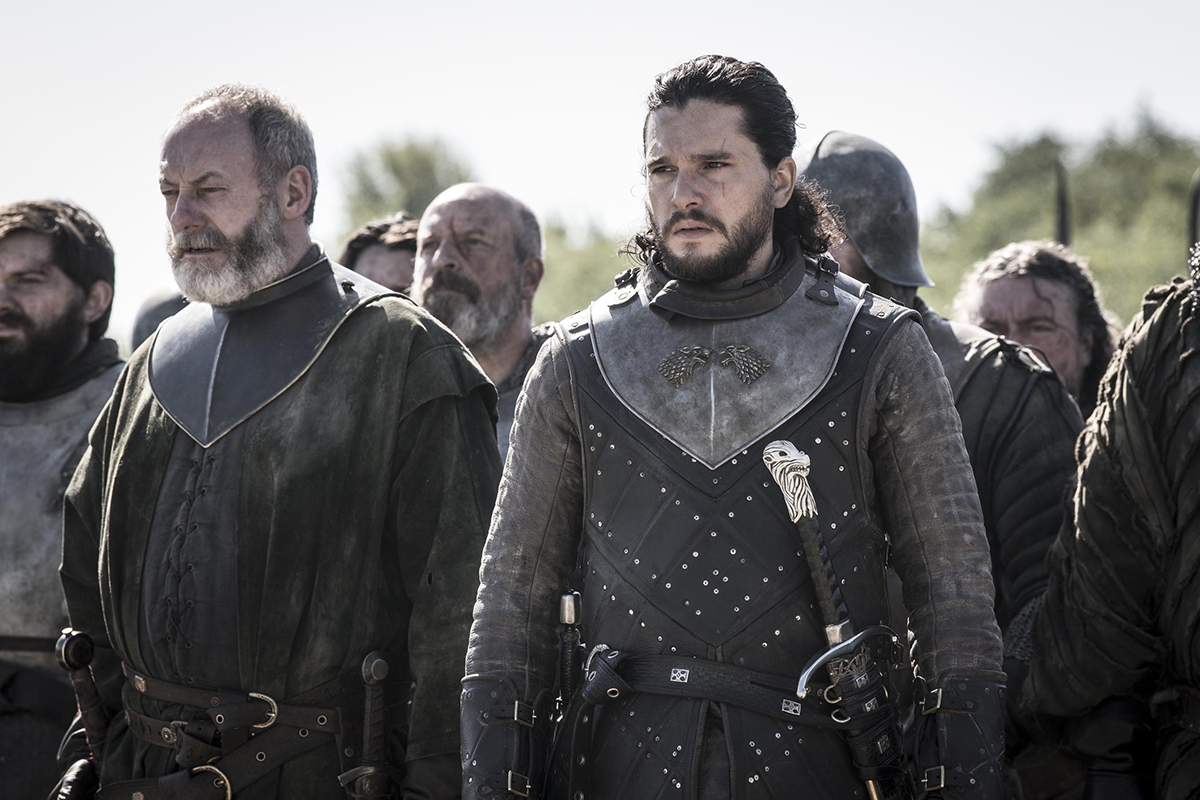
Episode 8.05
-
Game of Thrones Season 8
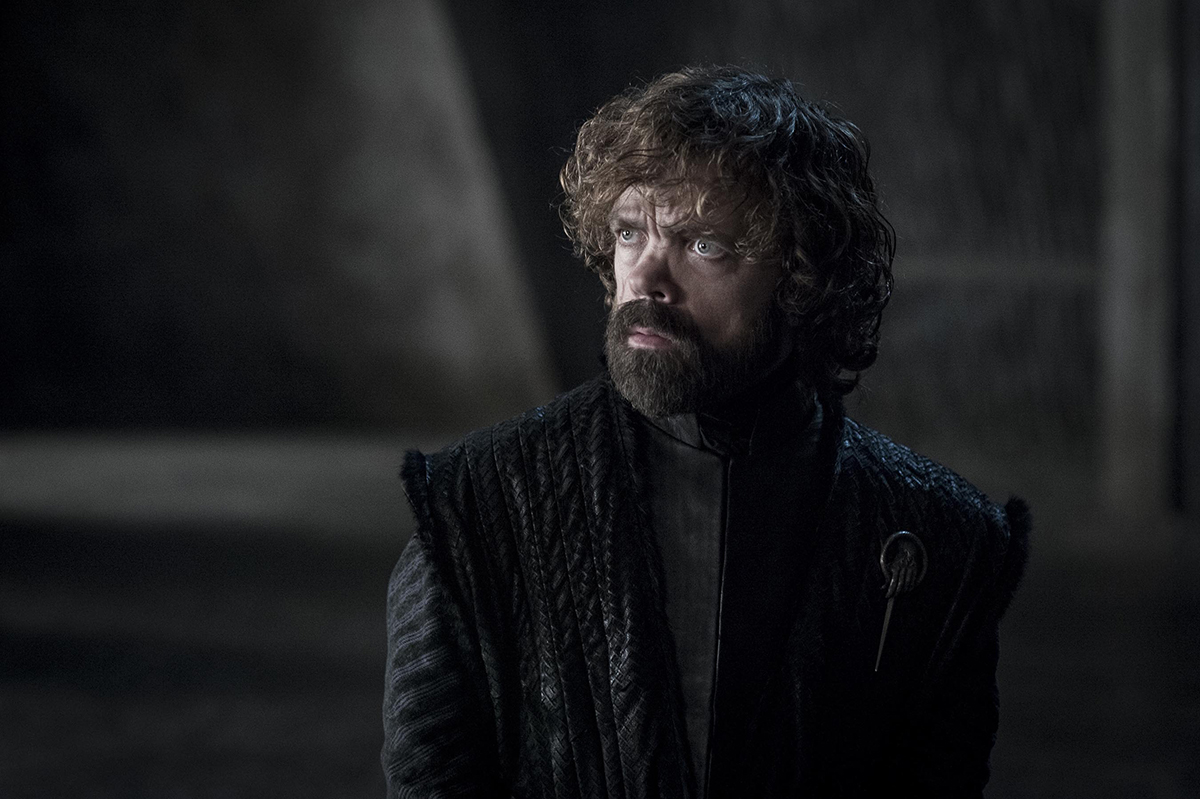
Episode 8.05
-
Game of Thrones Season 8
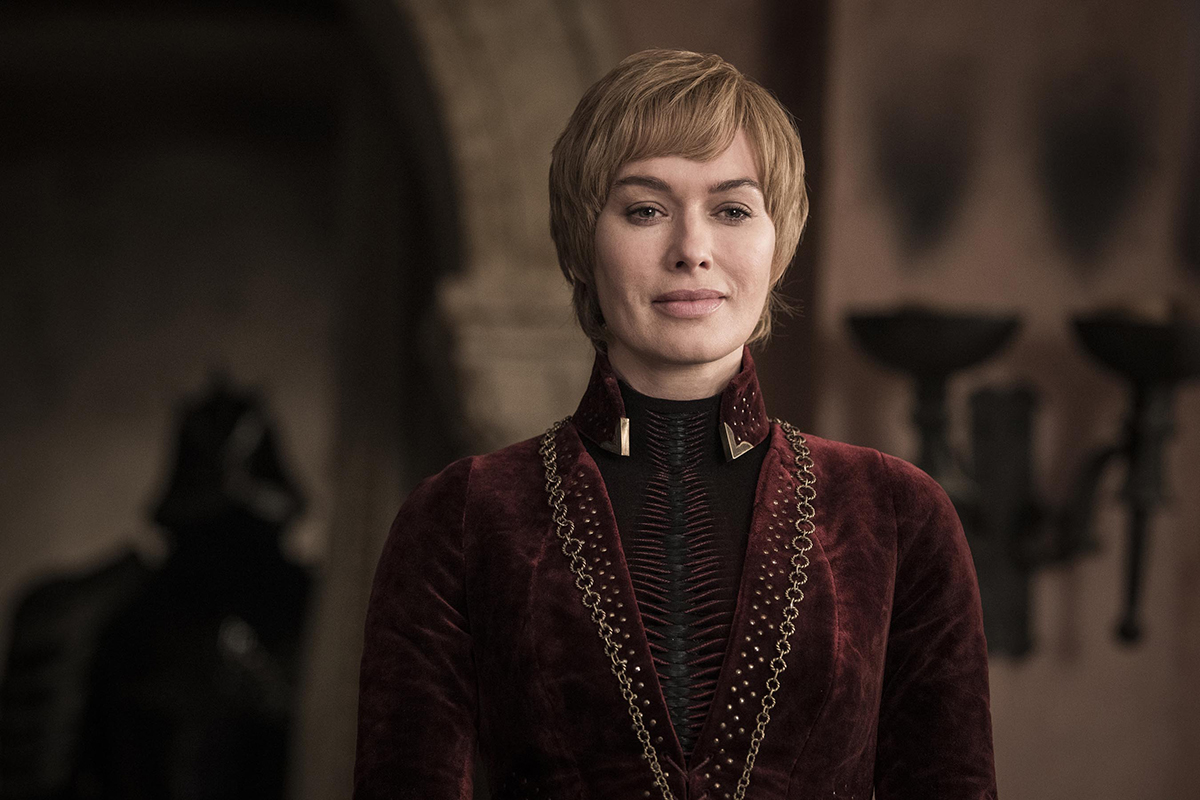
Episode 8.05
-
Game of Thrones Season 8
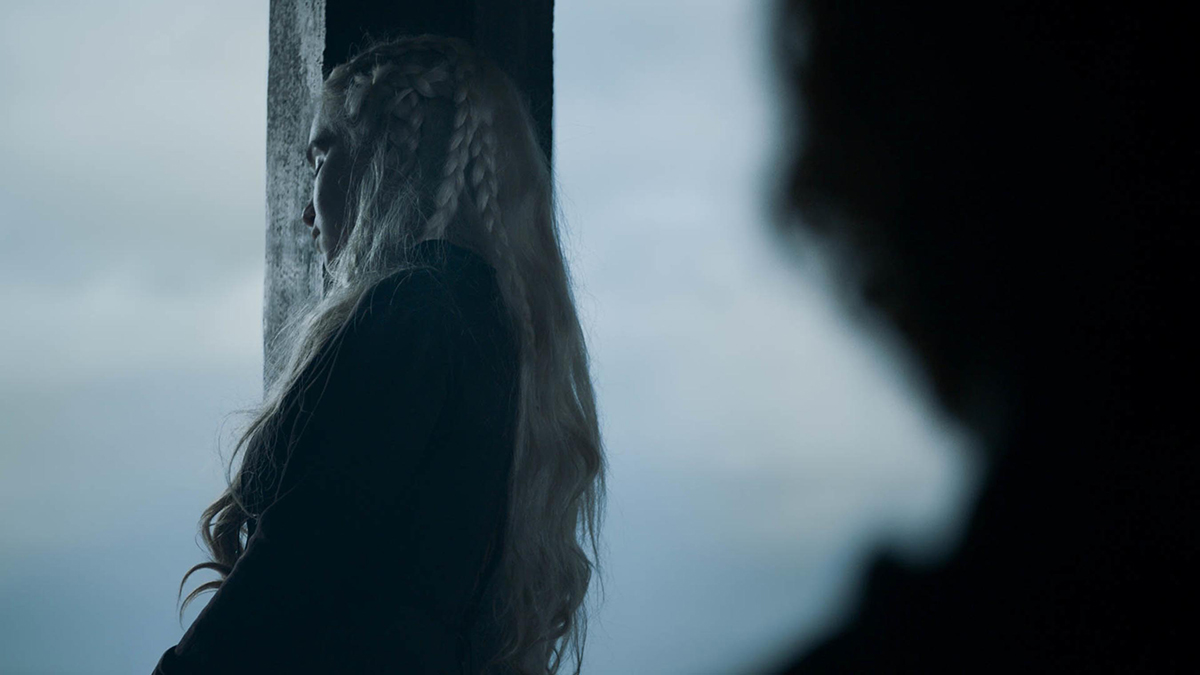
Episode 8.05
-
Game of Thrones Season 8
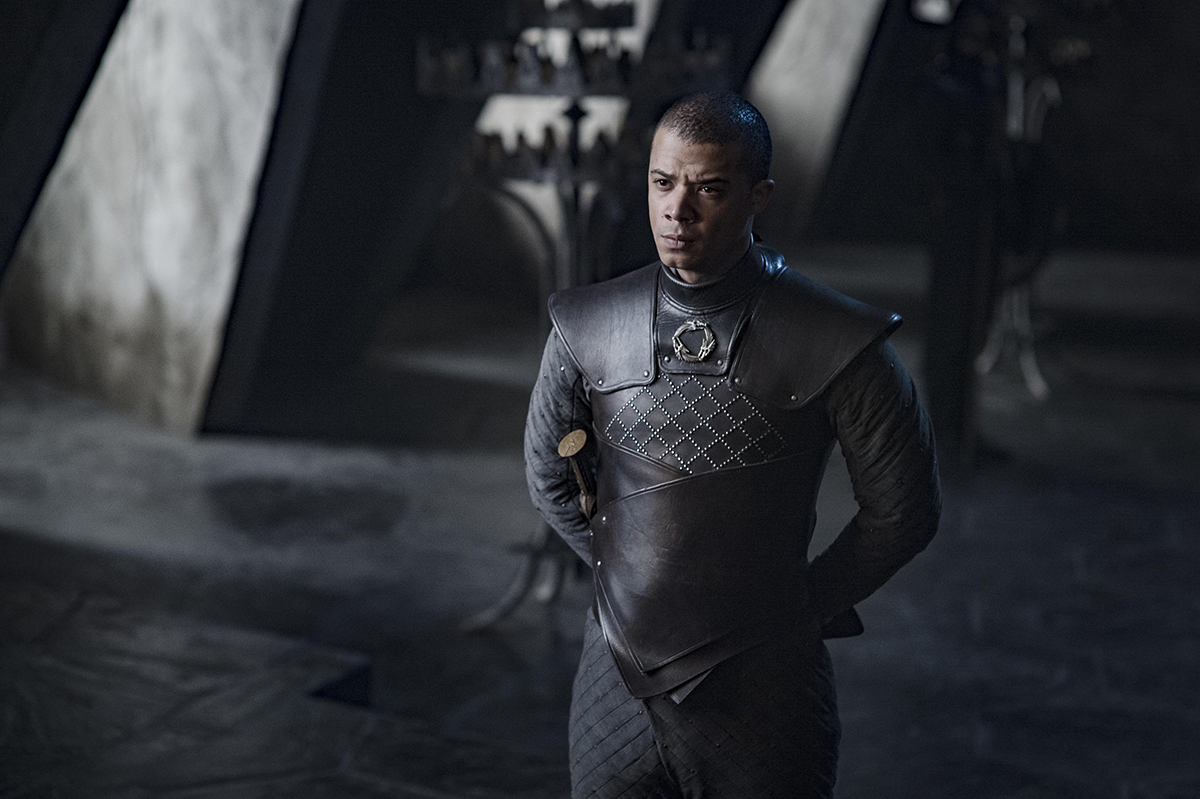
Episode 8.05
-
Game of Thrones Season 8
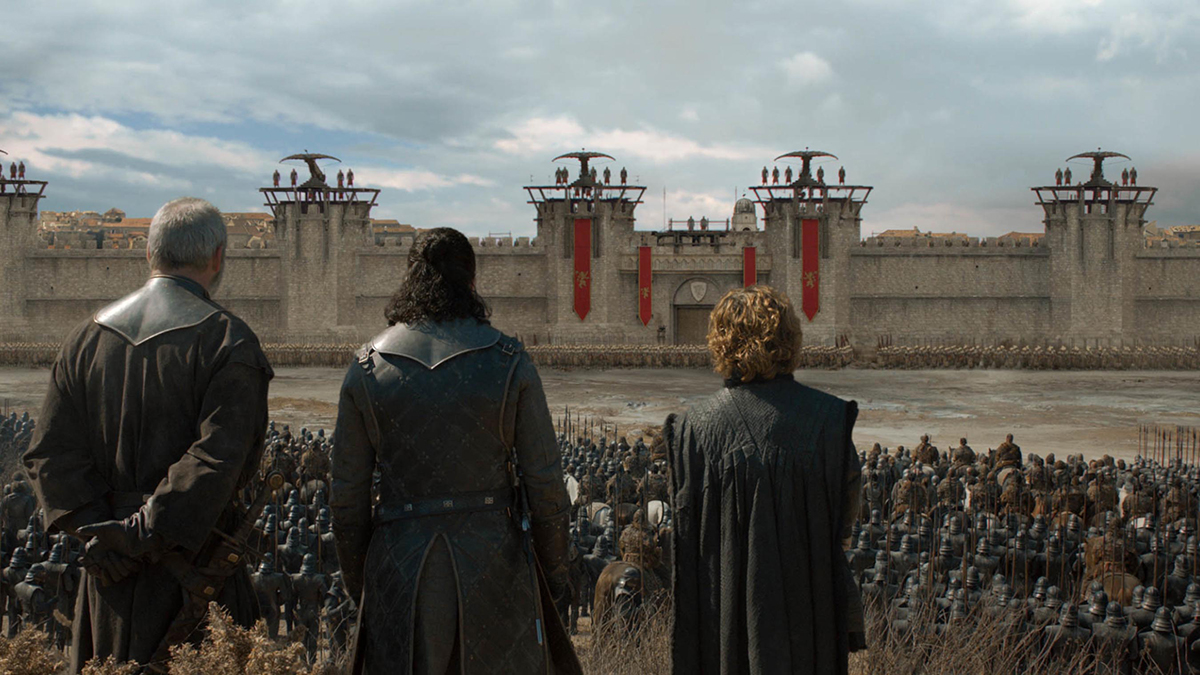
Episode 8.05
-
Game of Thrones Season 8
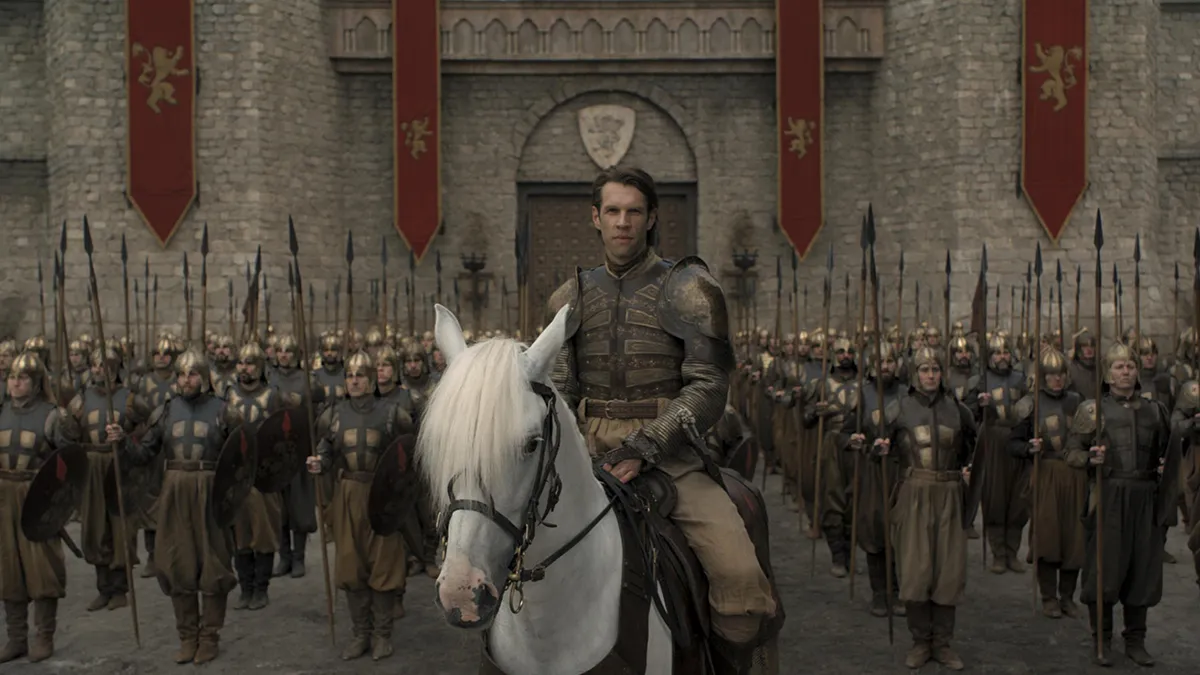
Episode 8.05
-
Game of Thrones Season 8
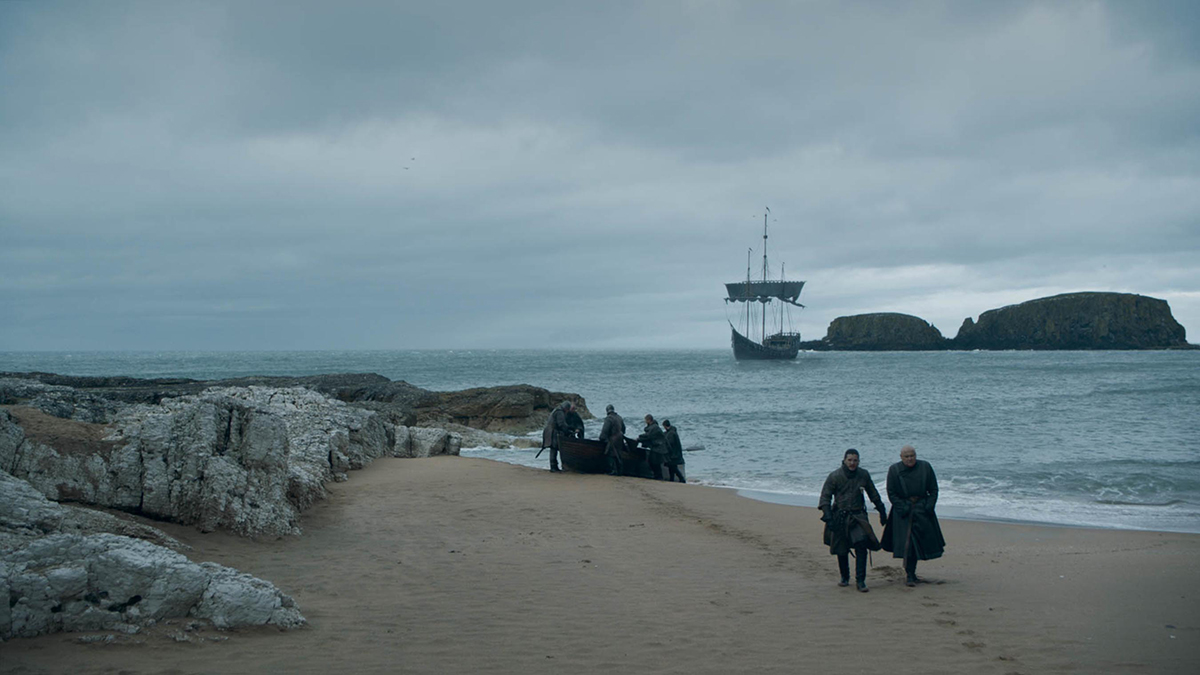
Episode 8.05
-
Game of Thrones Season 8
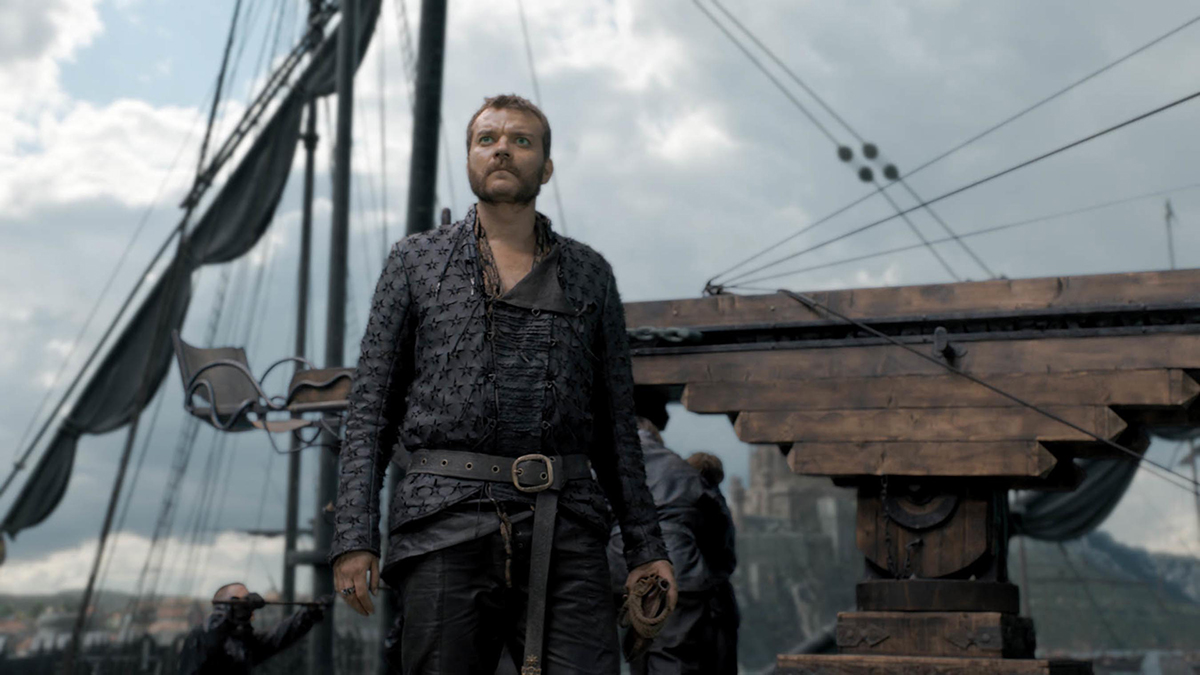
Episode 8.05
-
Game of Thrones Season 8
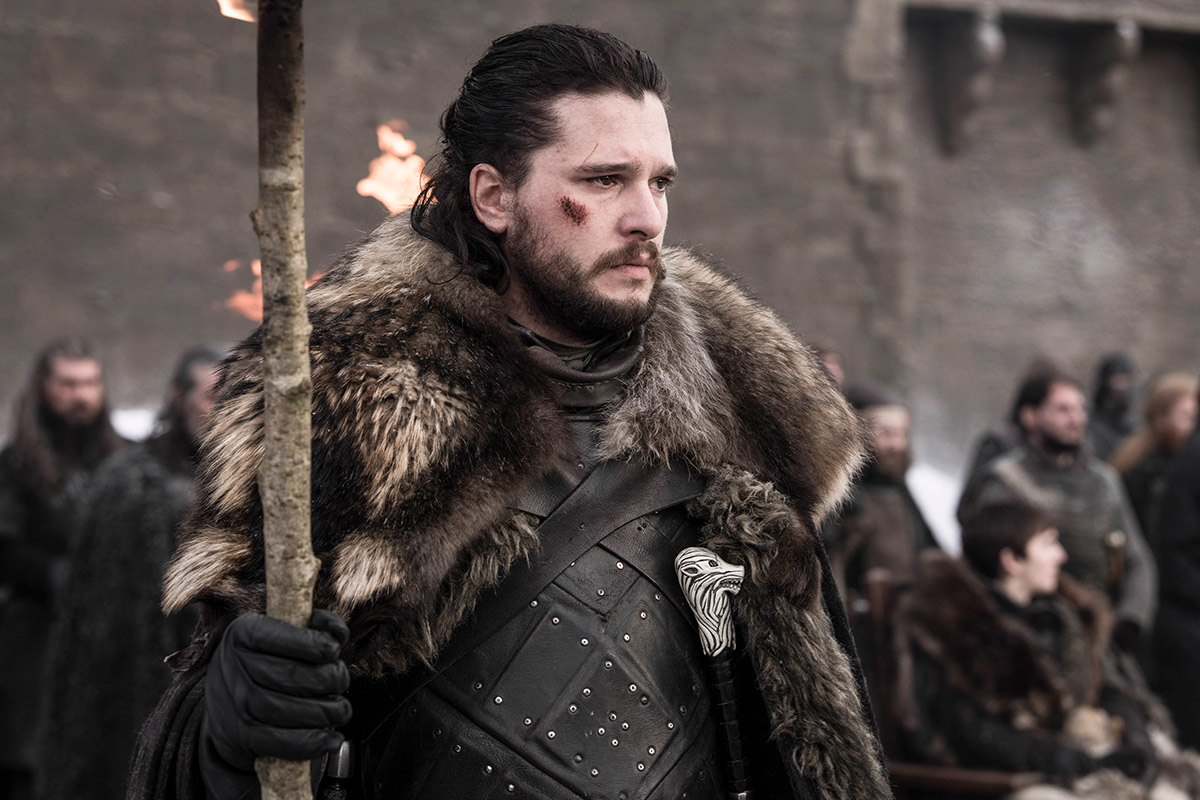
Episode 8.04
-
Game of Thrones Season 8
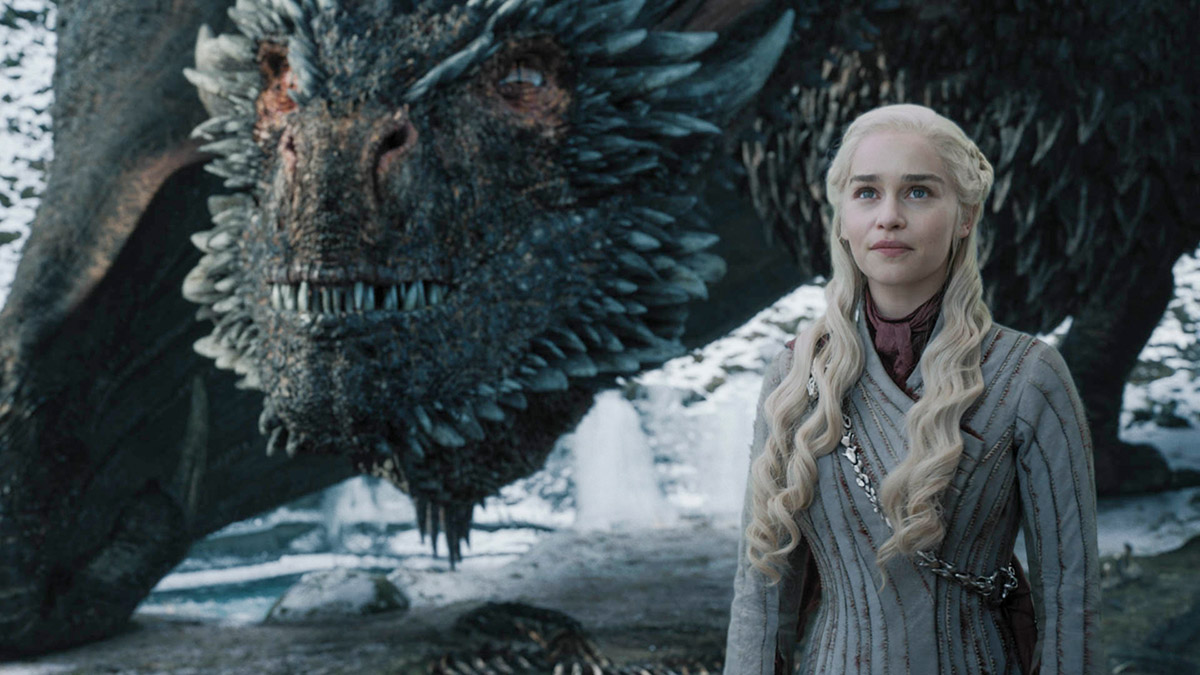
Episode 8.04
-
Game of Thrones Season 8
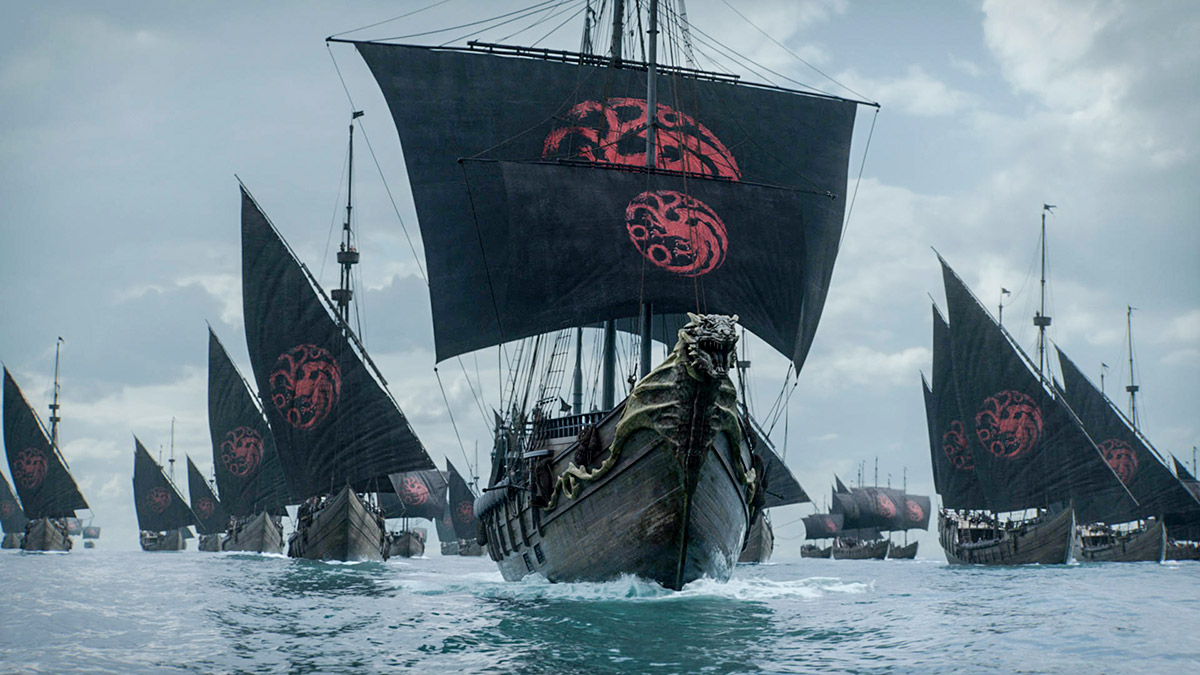
Episode 8.04
-
Game of Thrones Season 8
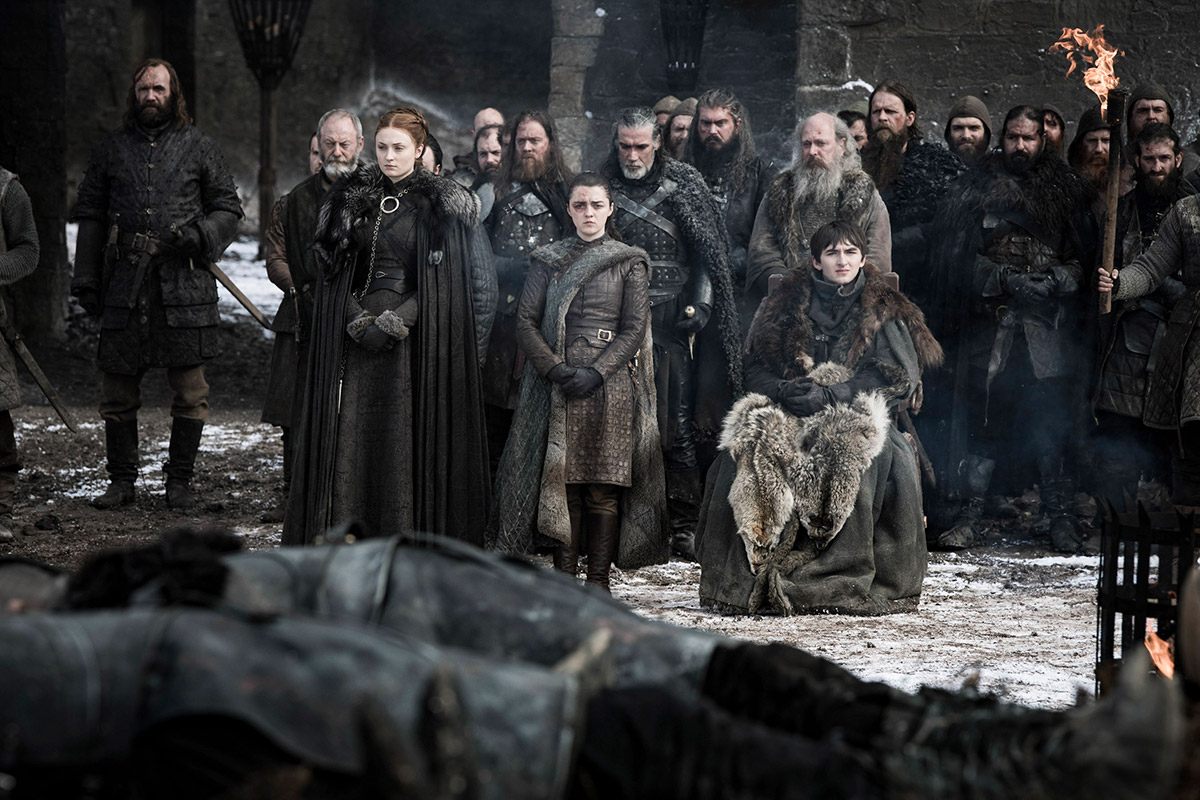
Episode 8.04
-
Game of Thrones Season 8
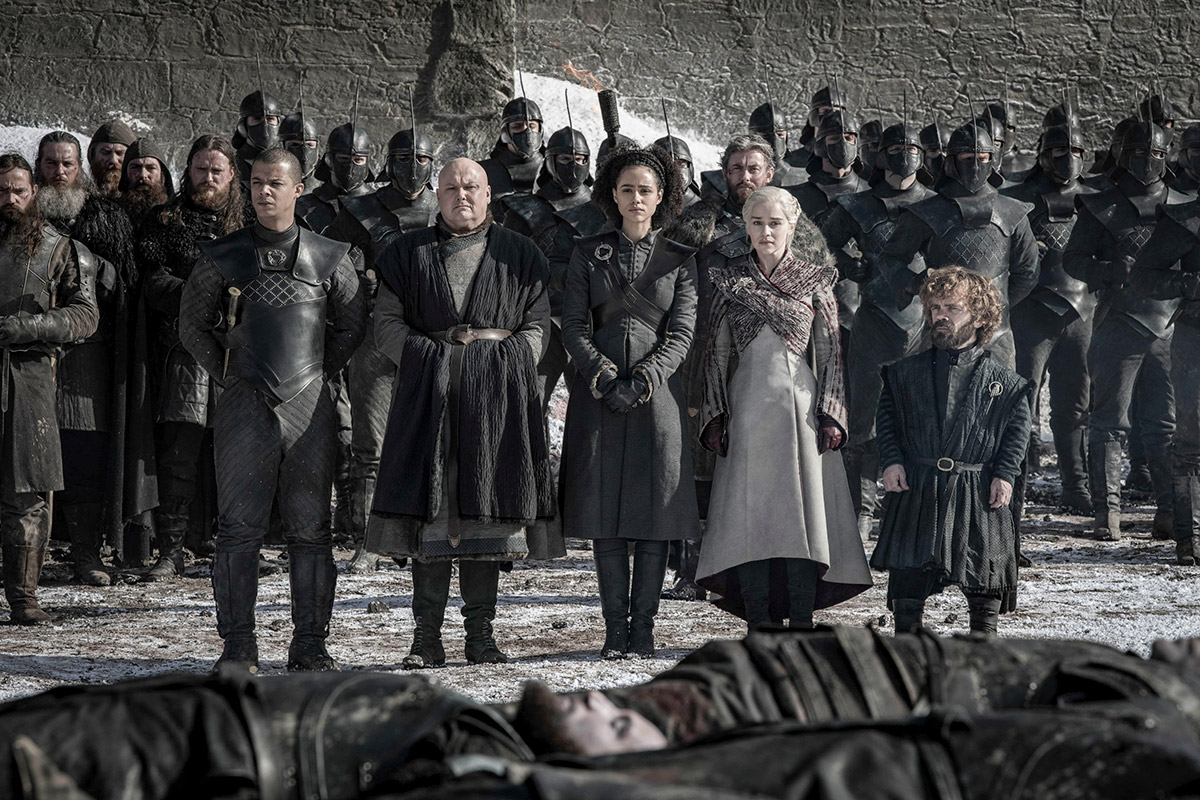
Episode 8.04
-
Game of Thrones Season 8
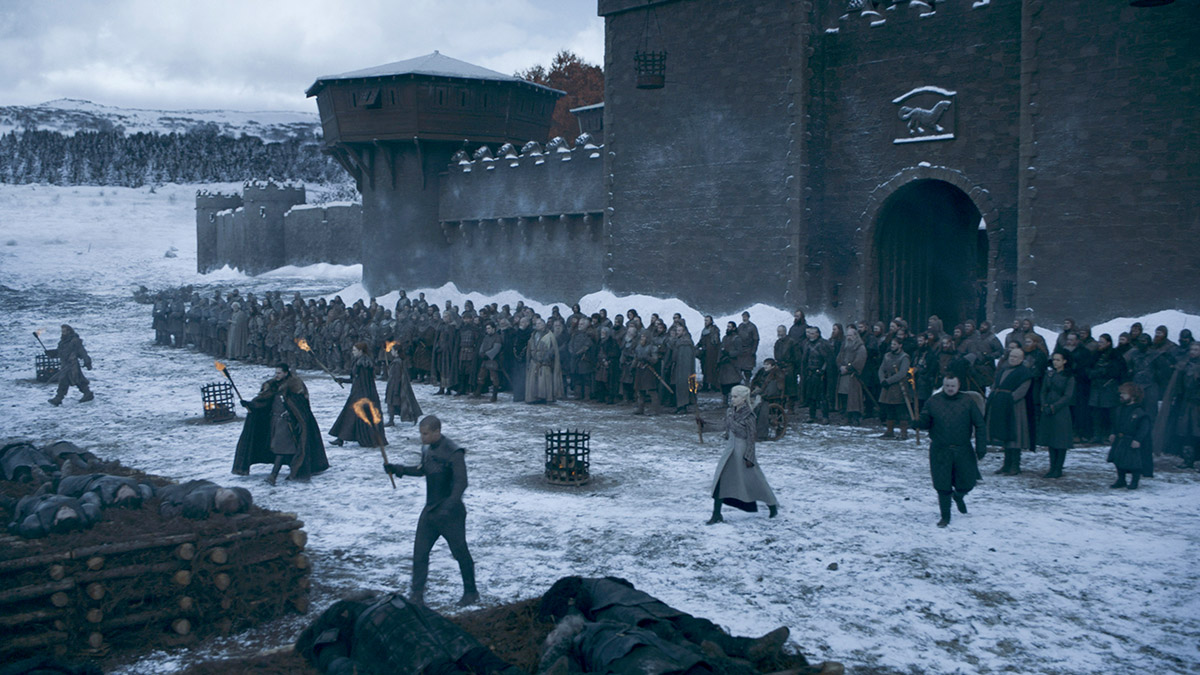
Episode 8.04
-
Game of Thrones Season 8
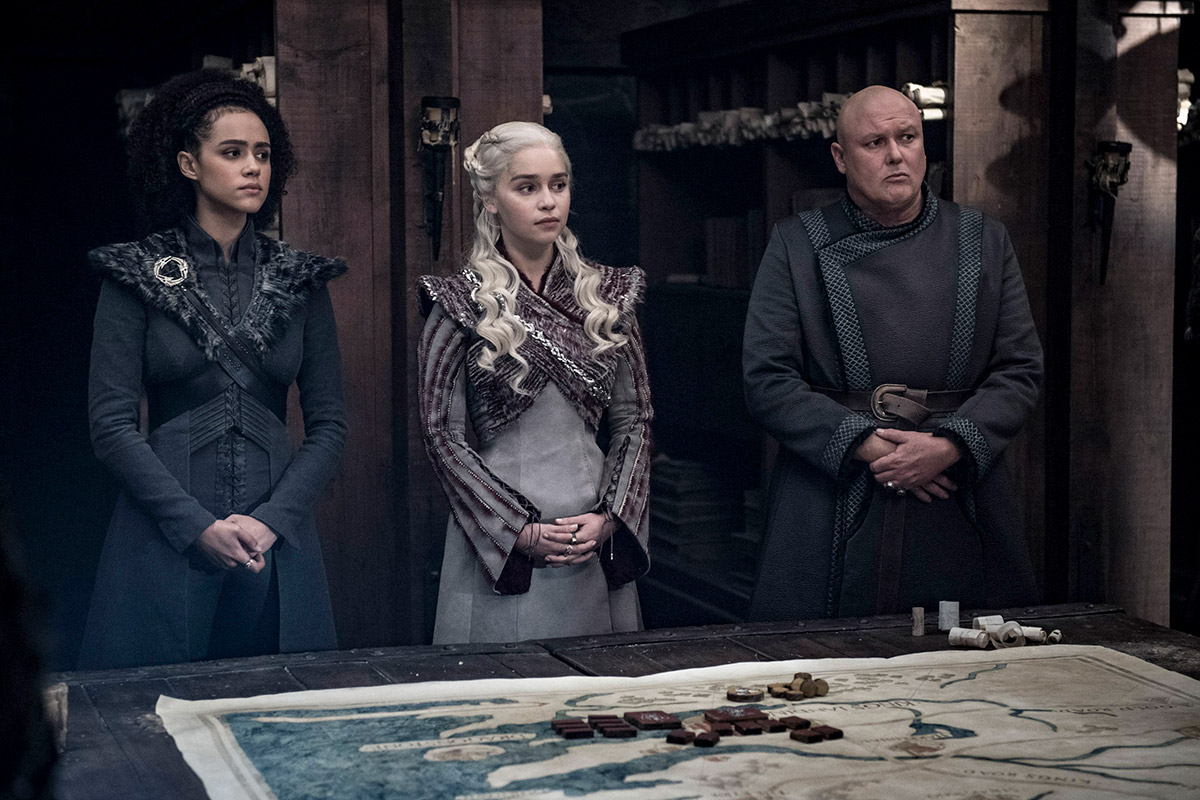
Episode 8.04
-
Game of Thrones Season 8

Episode 8.03
-
Game of Thrones Season 8
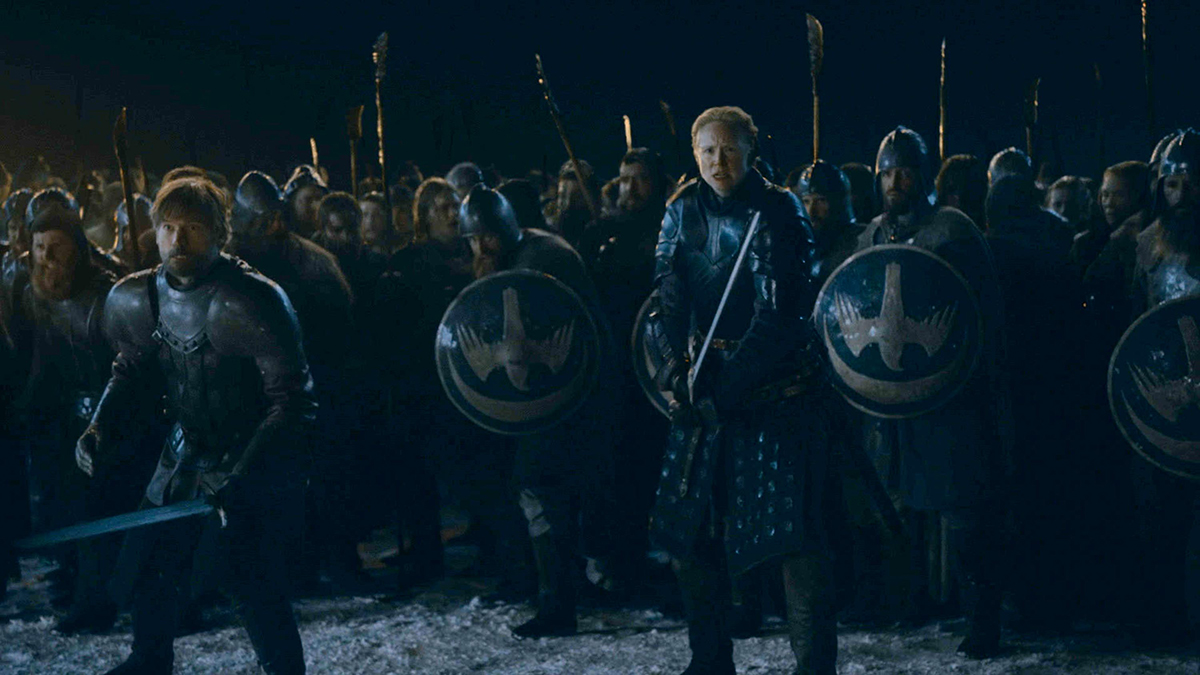
Episode 8.03
-
Game of Thrones Season 8
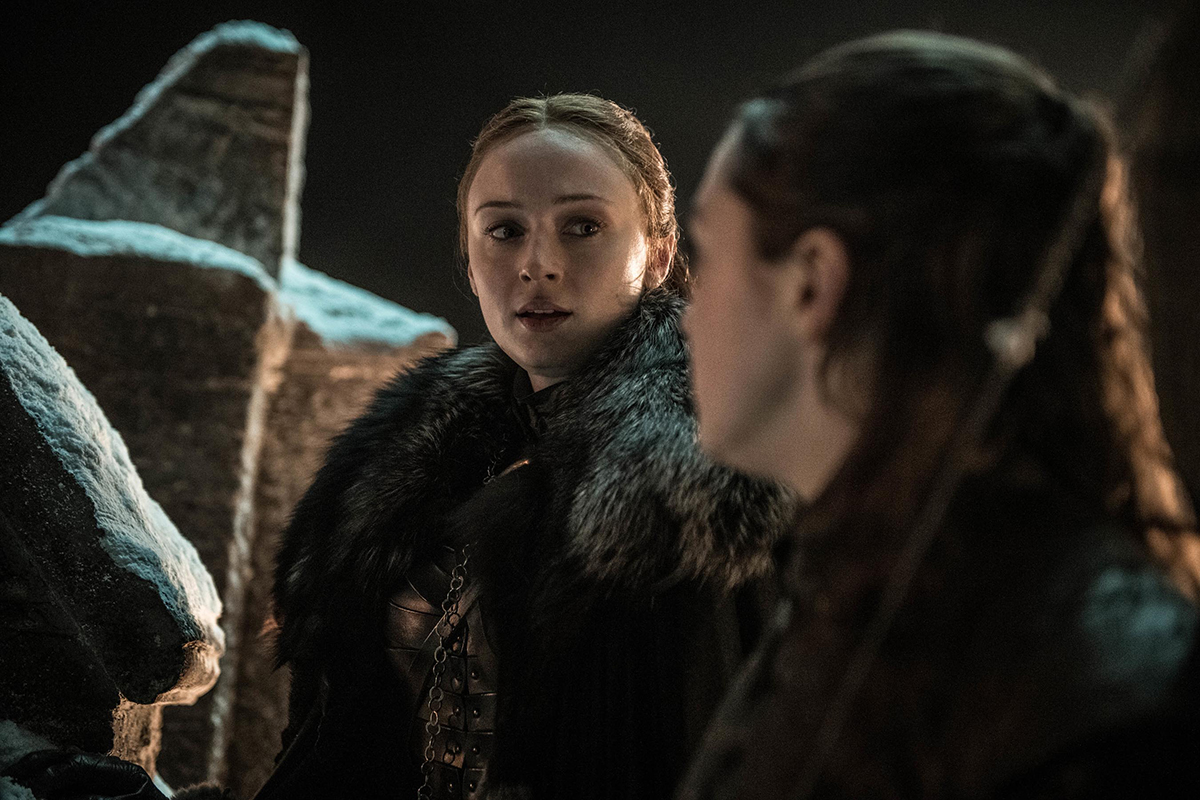
Episode 8.03
-
Game of Thrones Season 8
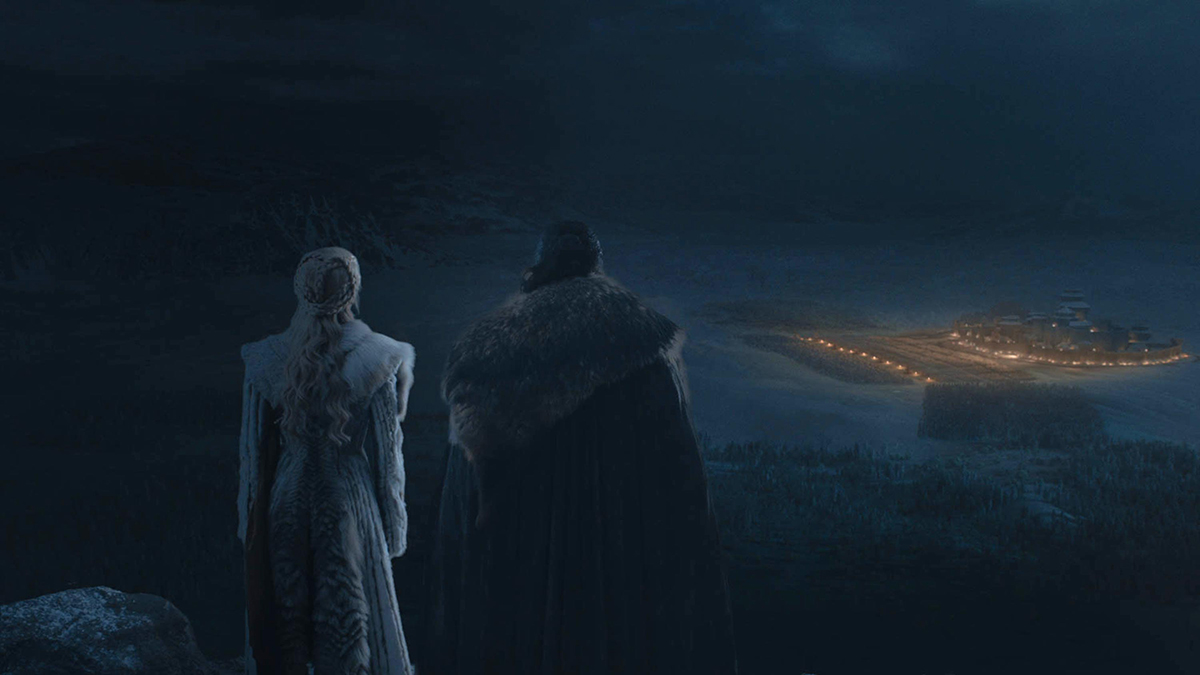
Episode 8.03
-
Game of Thrones Season 8
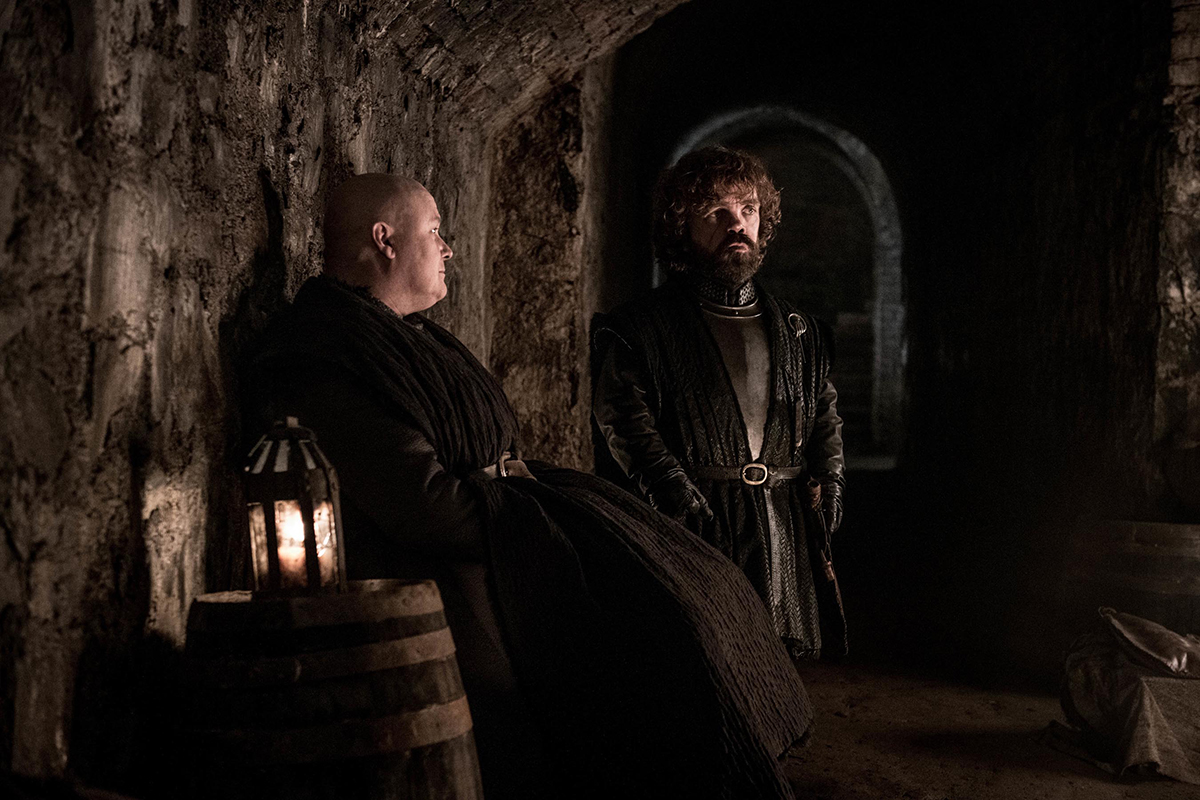
Episode 8.03
-
Game of Thrones Season 8
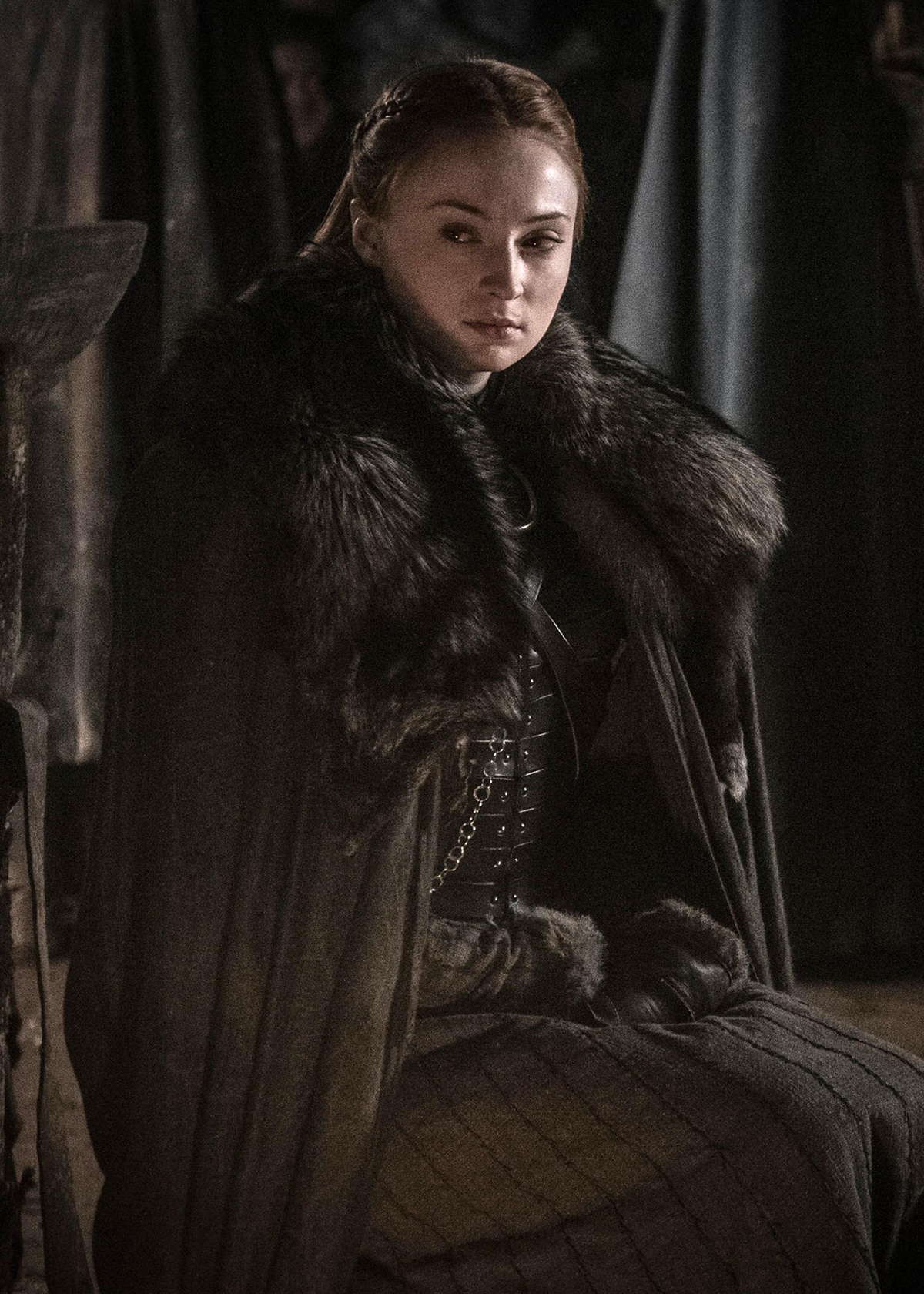
Episode 8.03
-
Game of Thrones Season 8
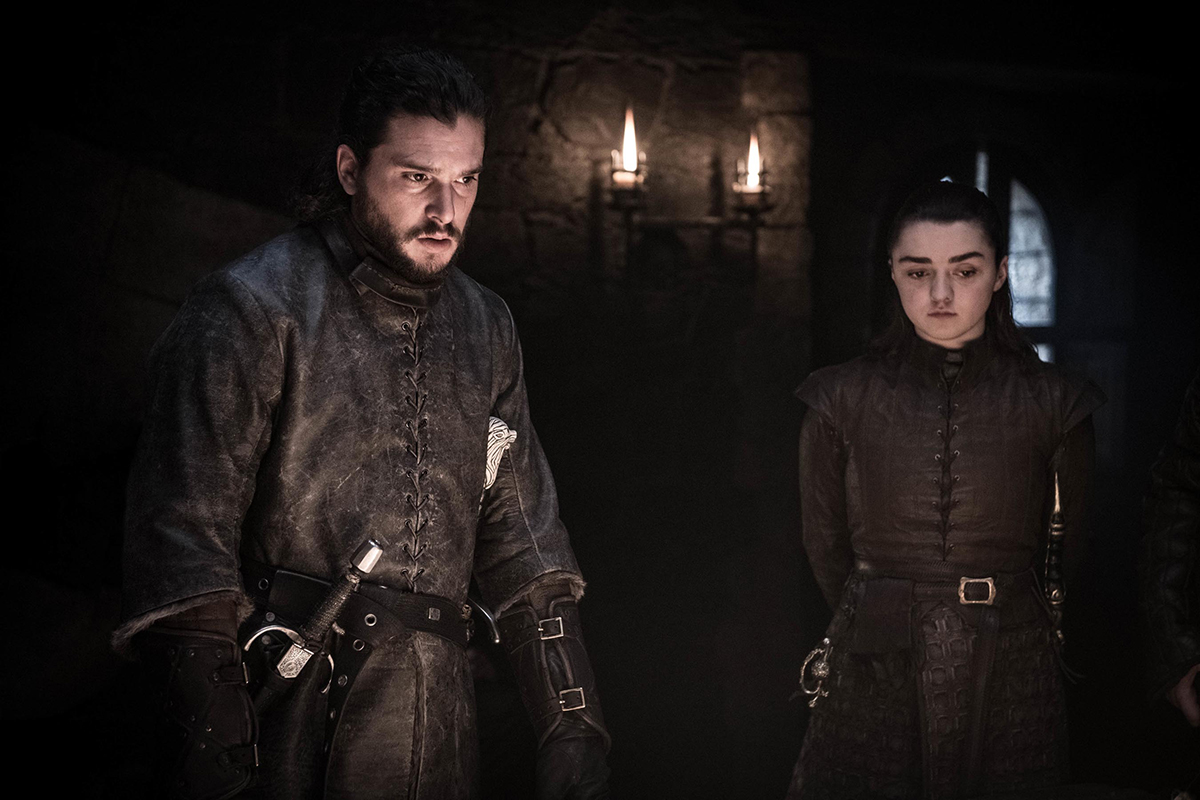
Episode 8.02
-
Game of Thrones Season 8
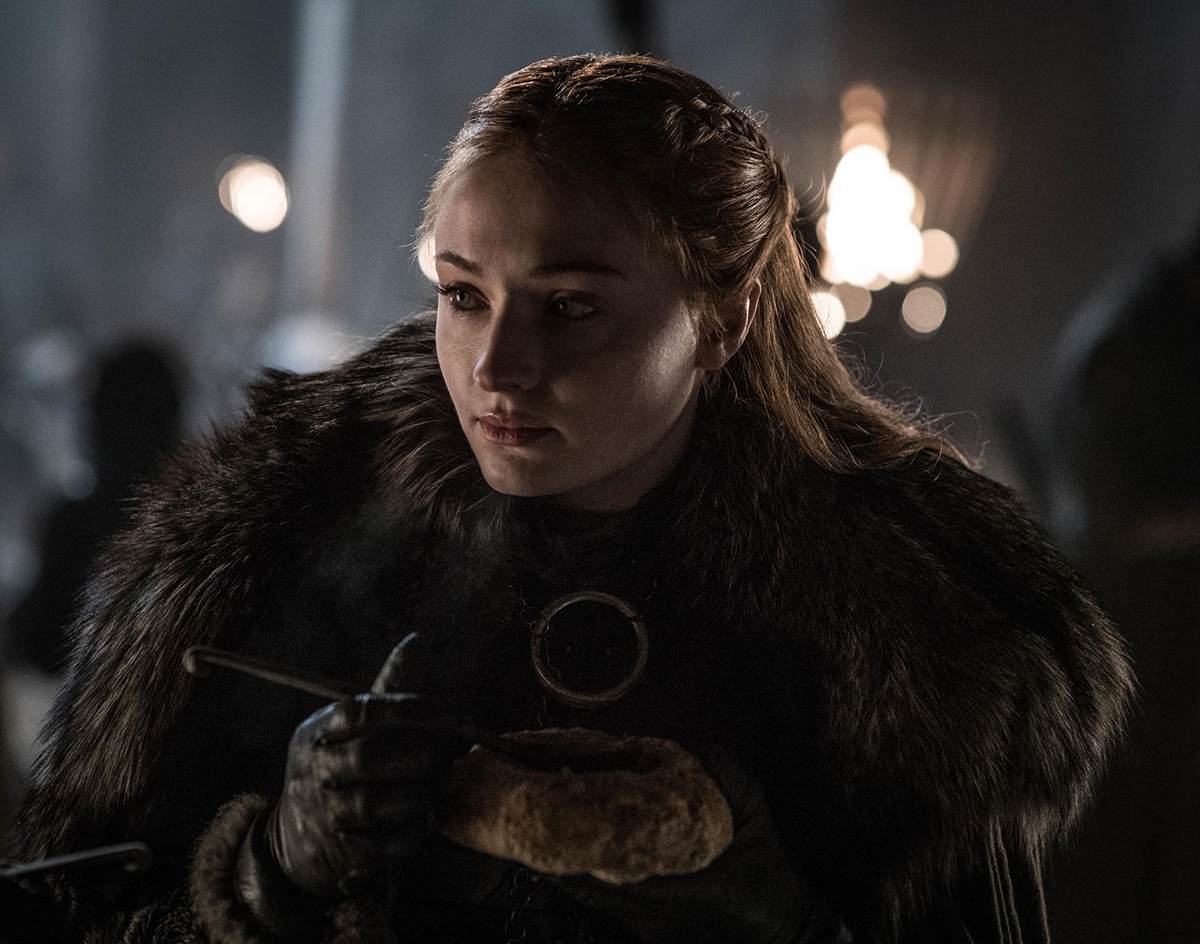
Episode 8.02
-
Game of Thrones Season 8
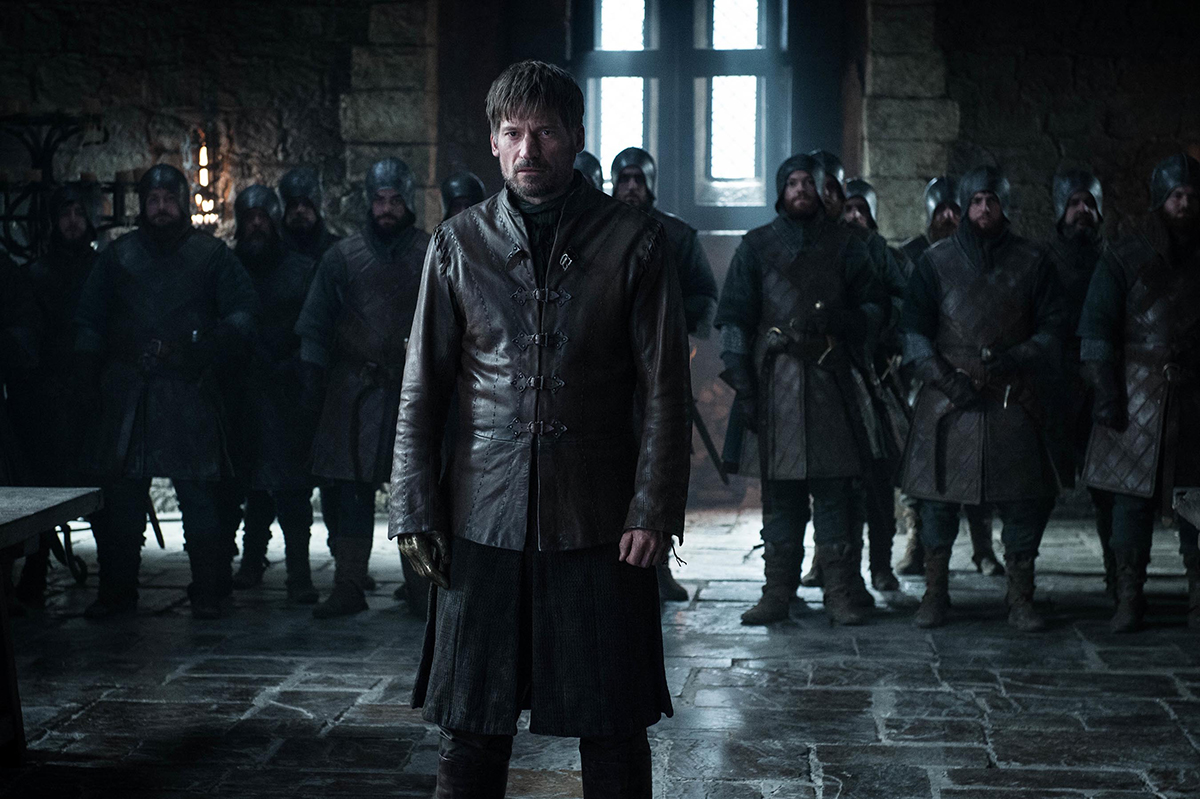
Episode 8.02
-
Game of Thrones Season 8
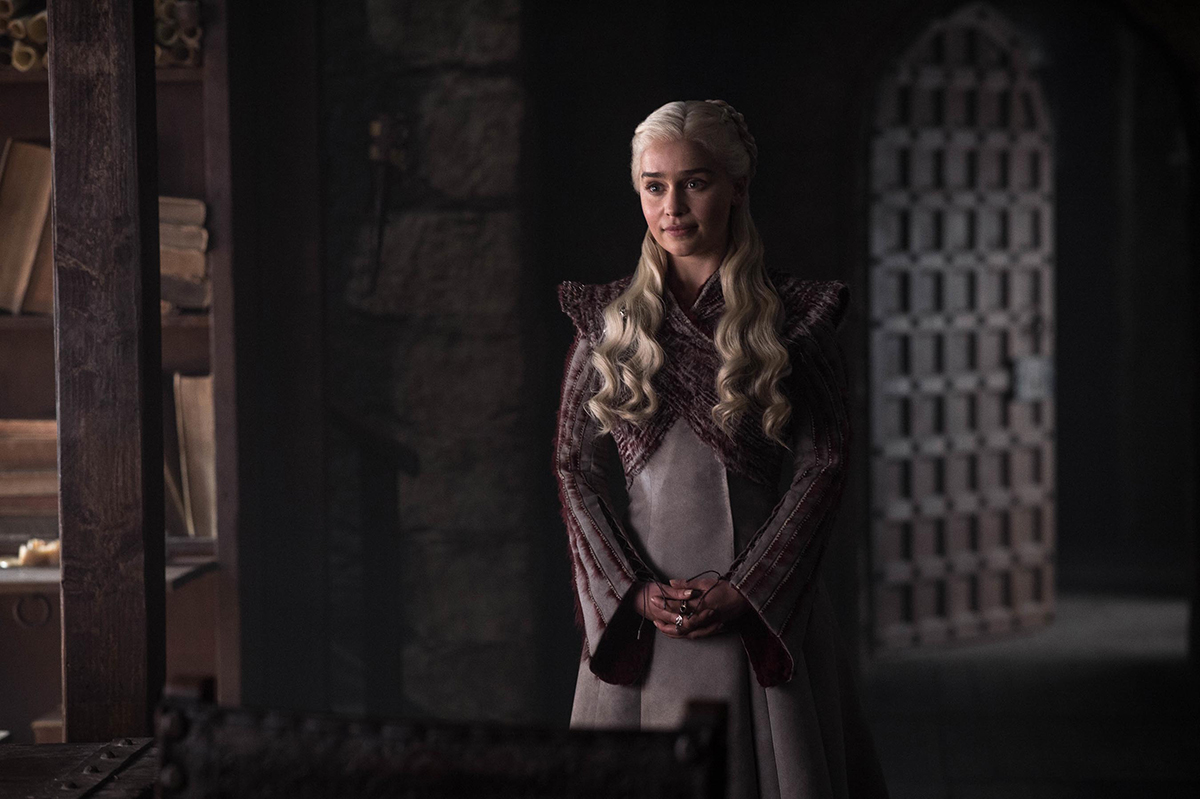
Episode 8.02
-
Game of Thrones Season 8
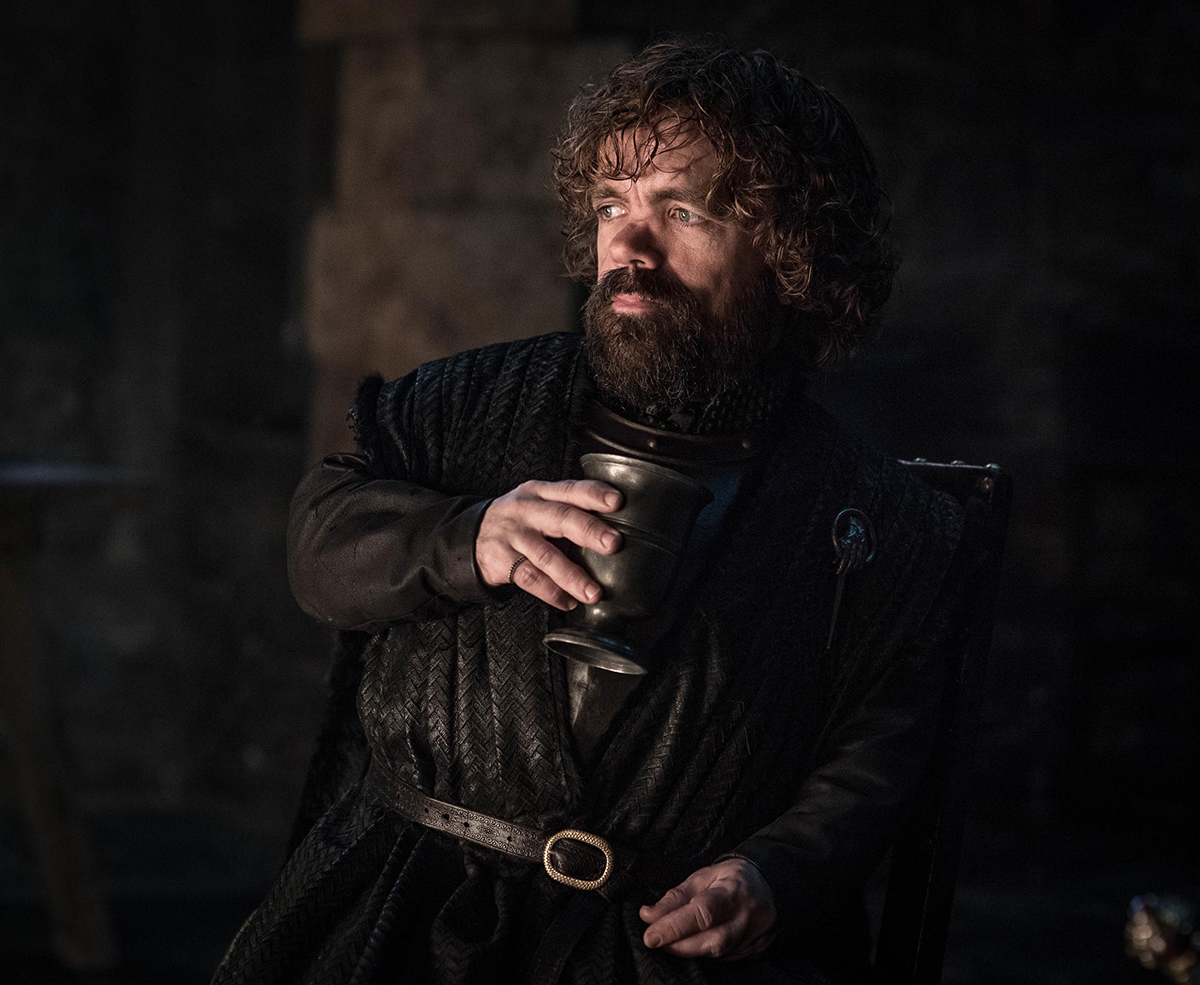
Episode 8.02
-
Game of Thrones Season 8
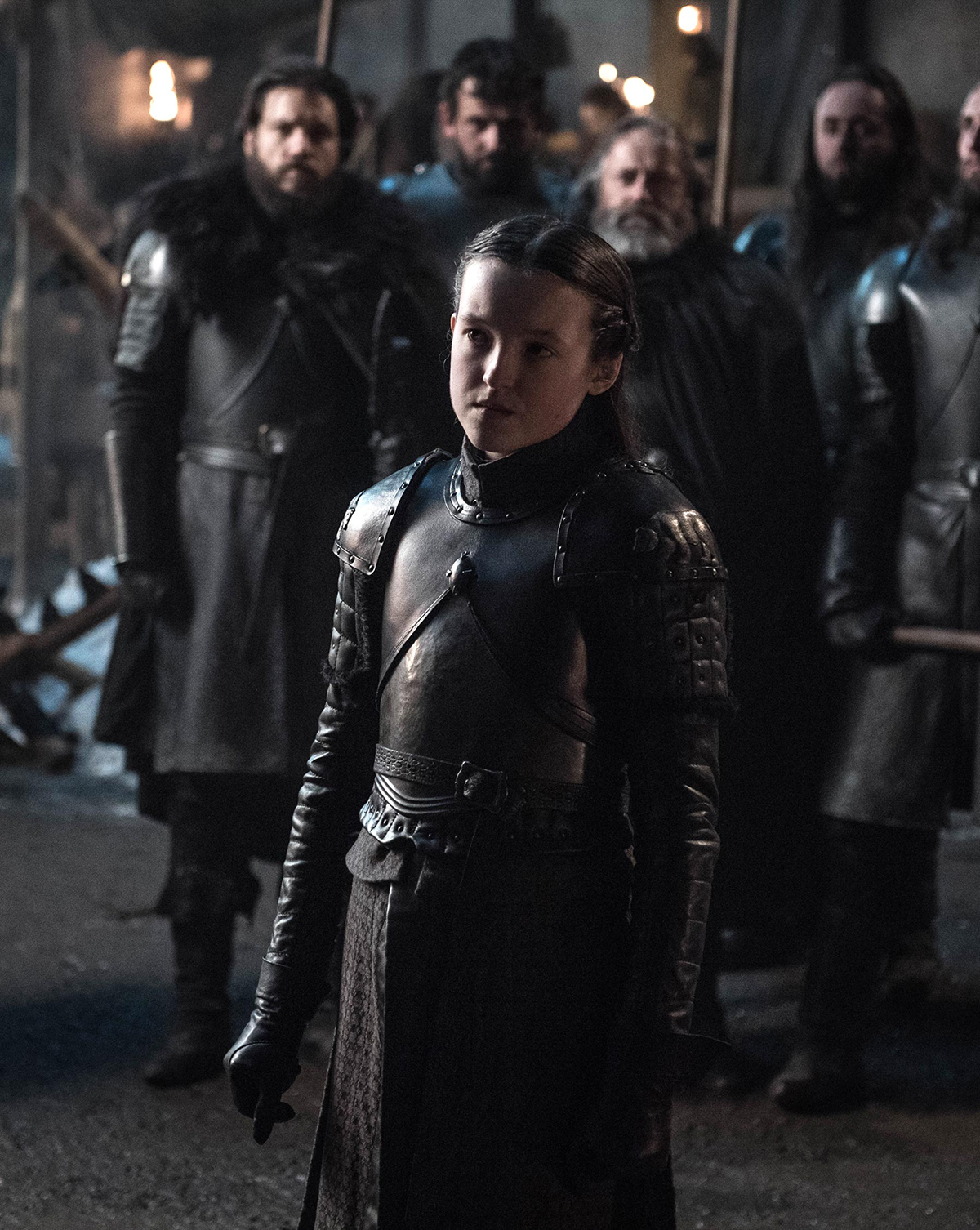
Episode 8.02
-
Game of Thrones Season 8
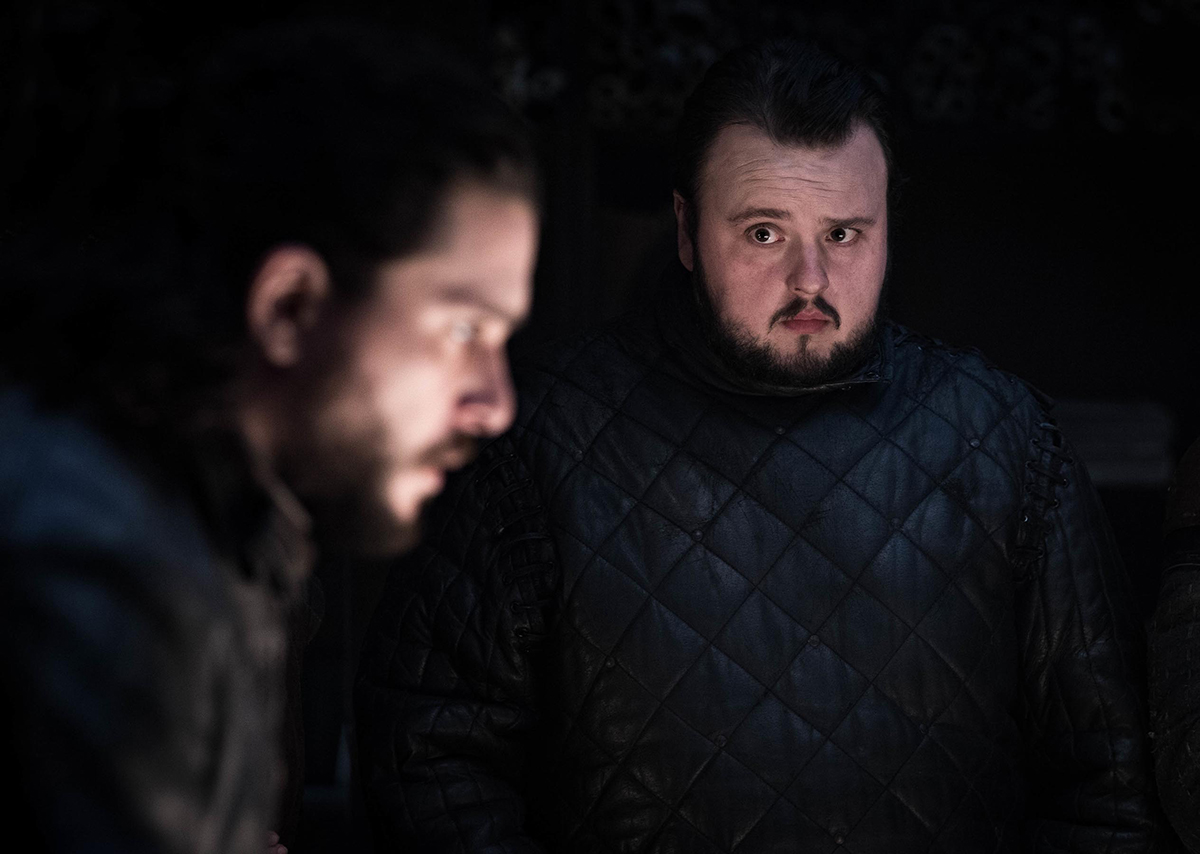
Episode 8.02
-
Game of Thrones Season 8
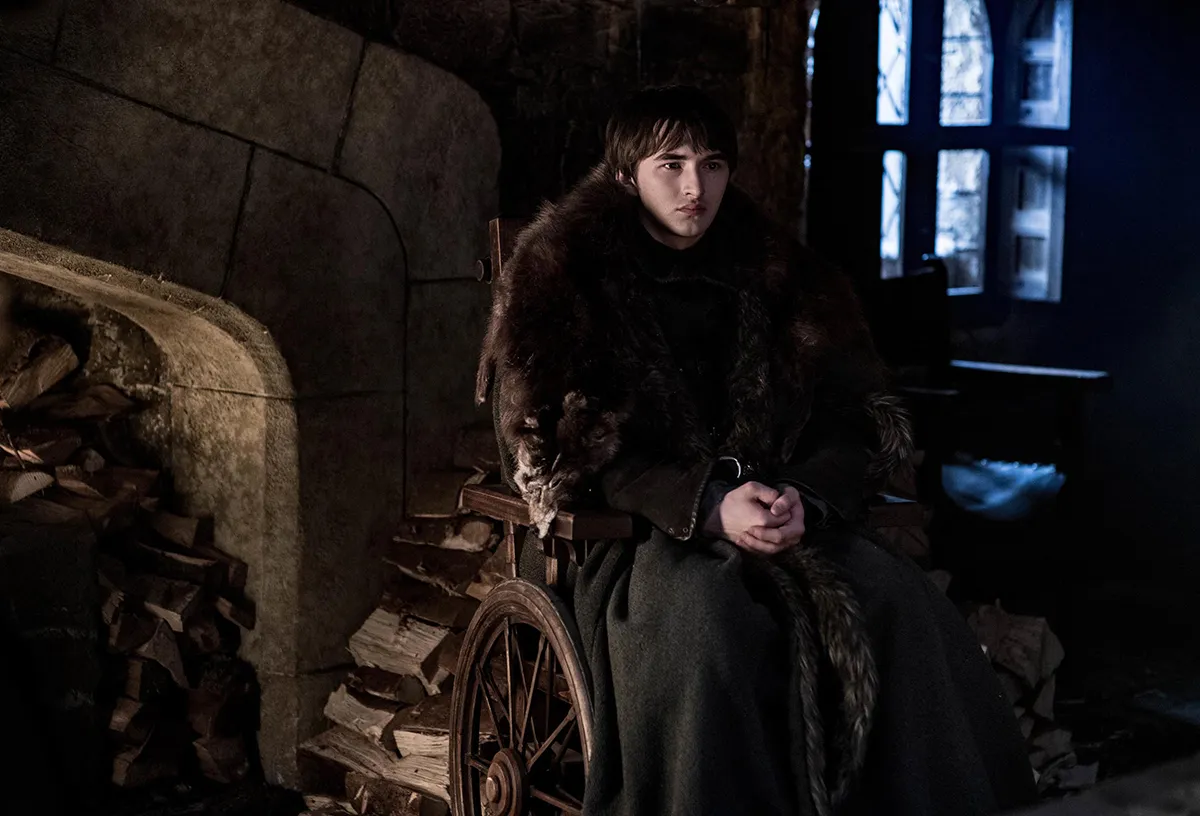
Episode 8.02
-
Game of Thrones Season 8
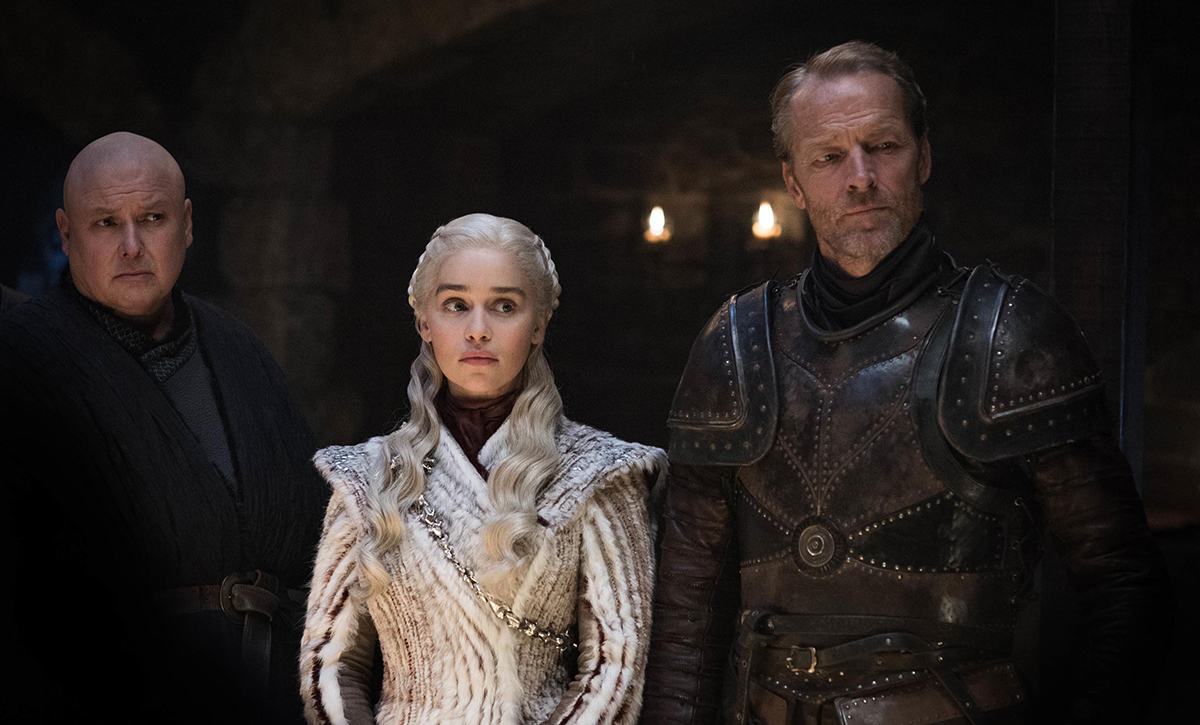
Episode 8.02
-
Game of Thrones Season 8
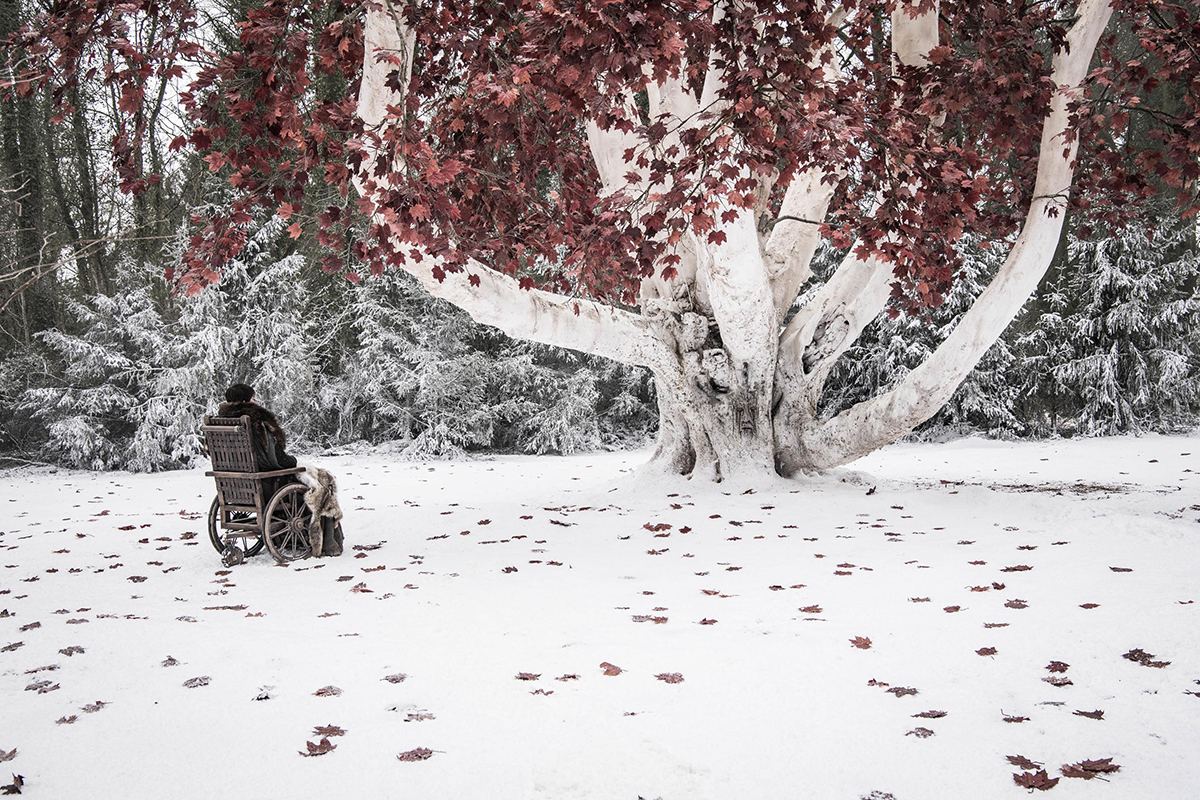
Episode 8.02
-
Game of Thrones Season 8
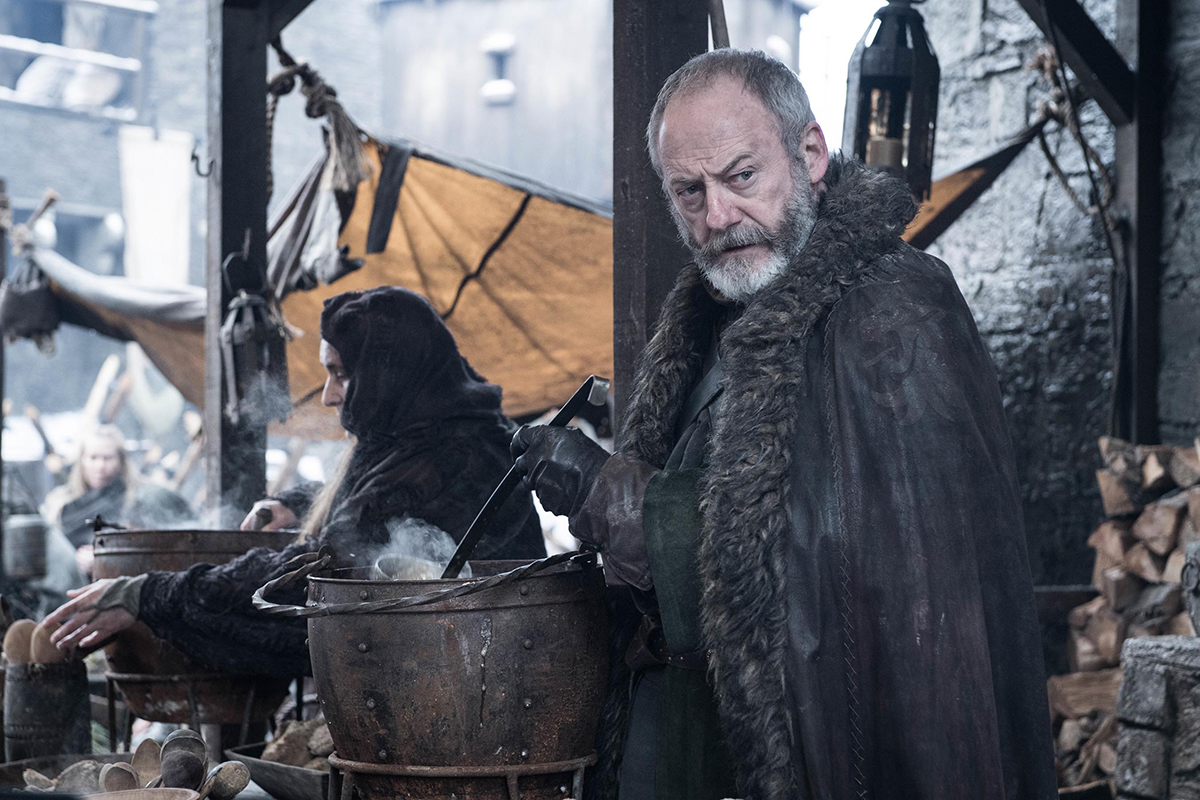
Episode 8.02
-
Game of Thrones Season 8
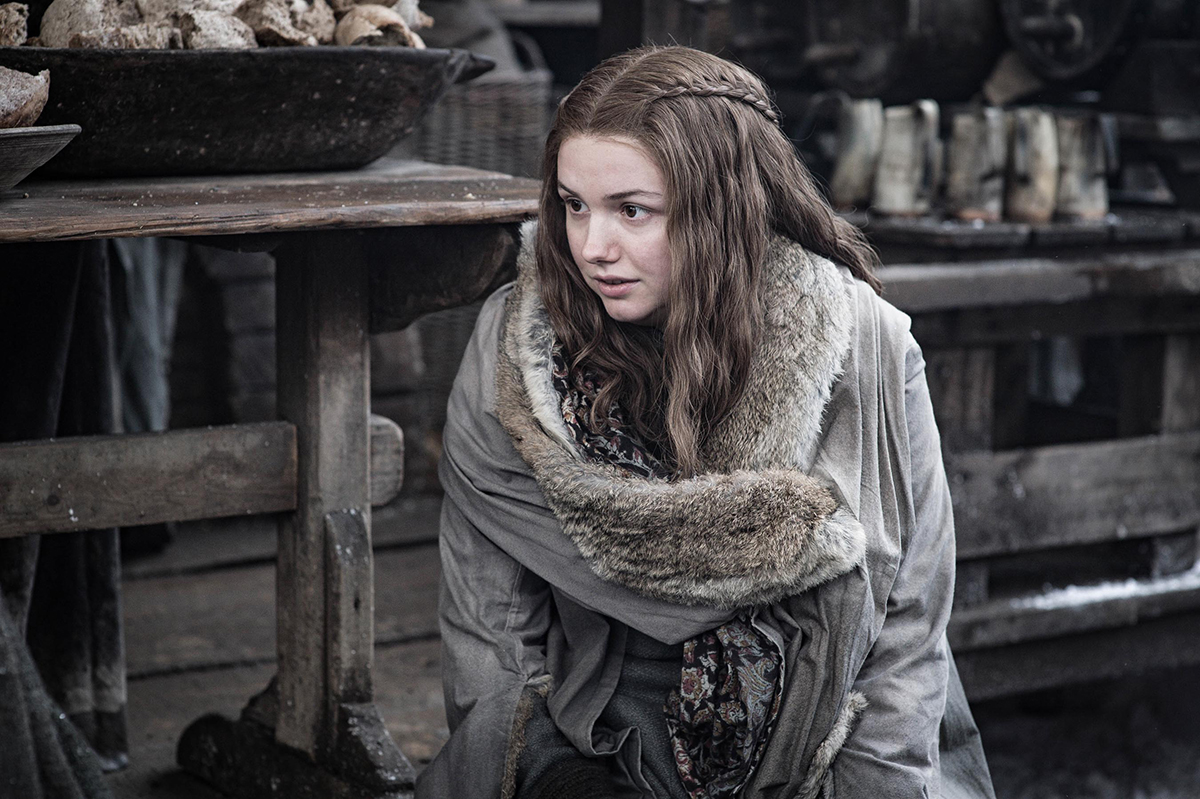
Episode 8.02
-
Game of Thrones Season 8
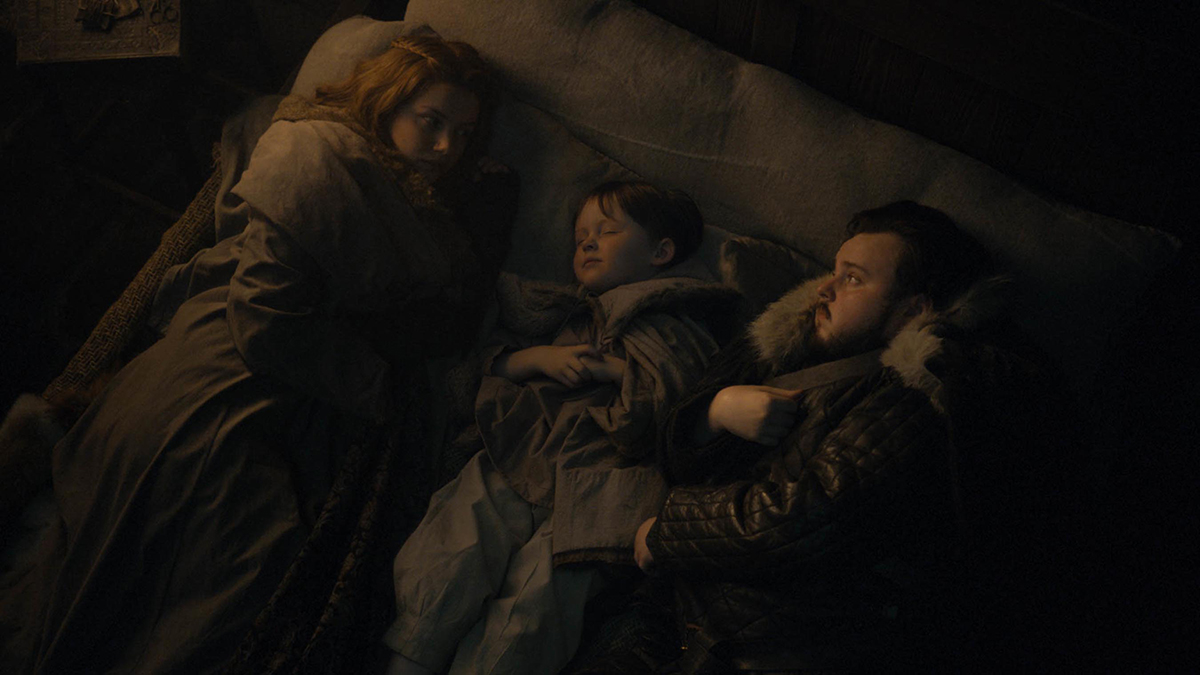
Episode 8.02
-
Game of Thrones Season 8
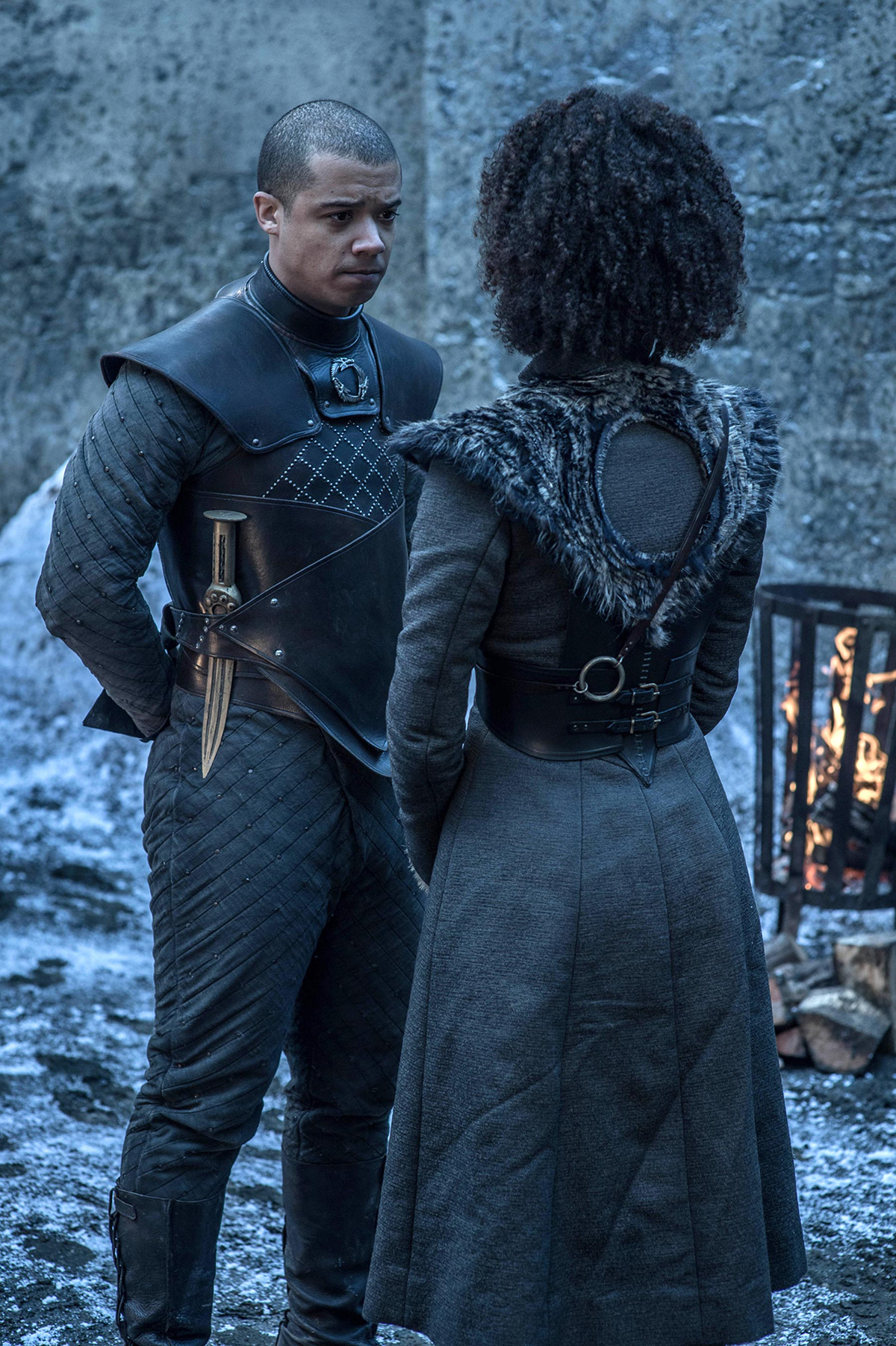
Episode 8.02
-
Game of Thrones Season 8

-
Game of Thrones Season 8
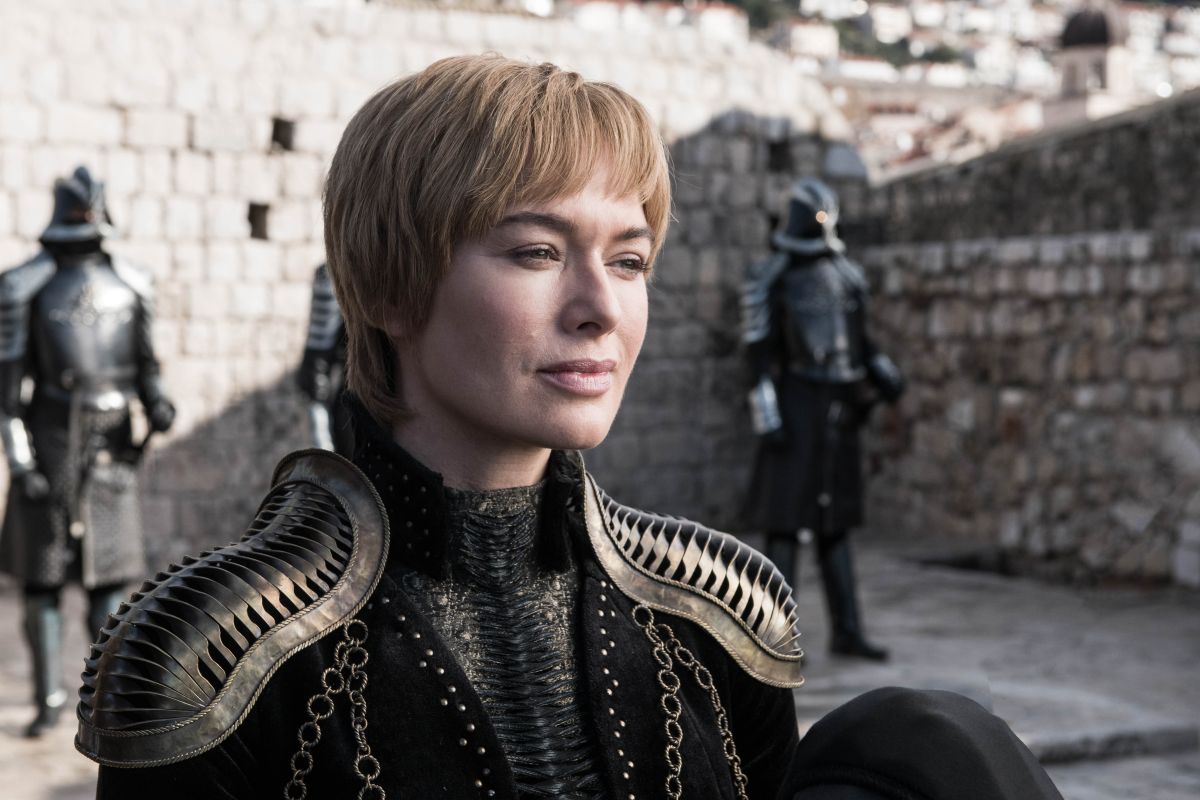
-
Game of Thrones Season 8
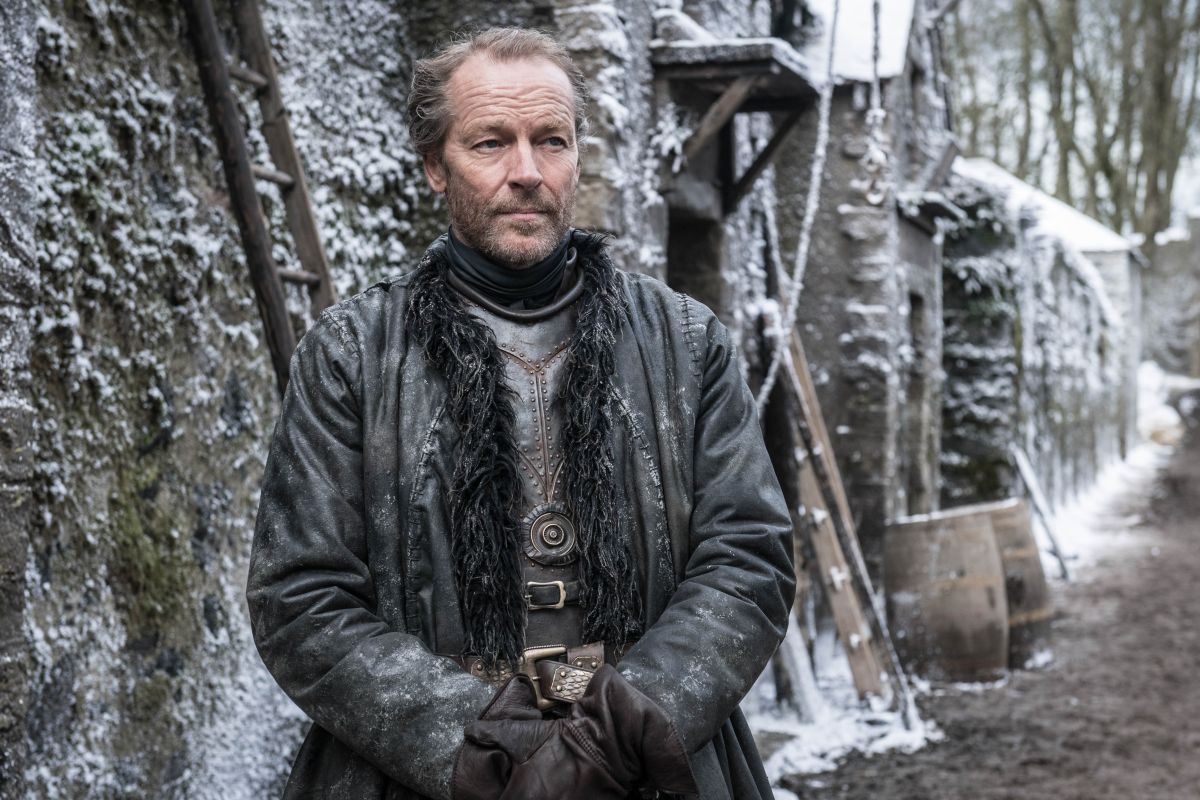
-
Game of Thrones Season 8
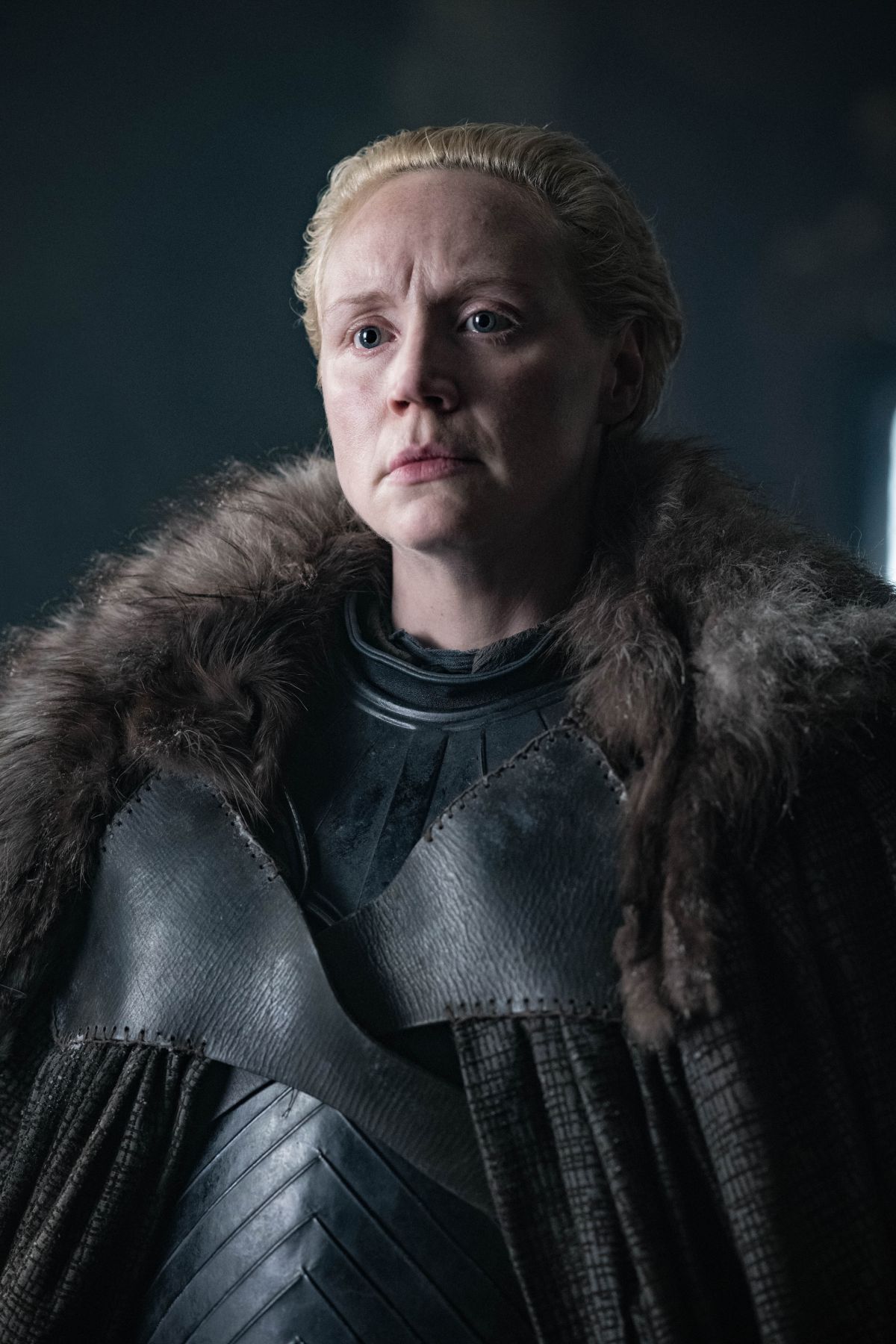
-
Game of Thrones Season 8
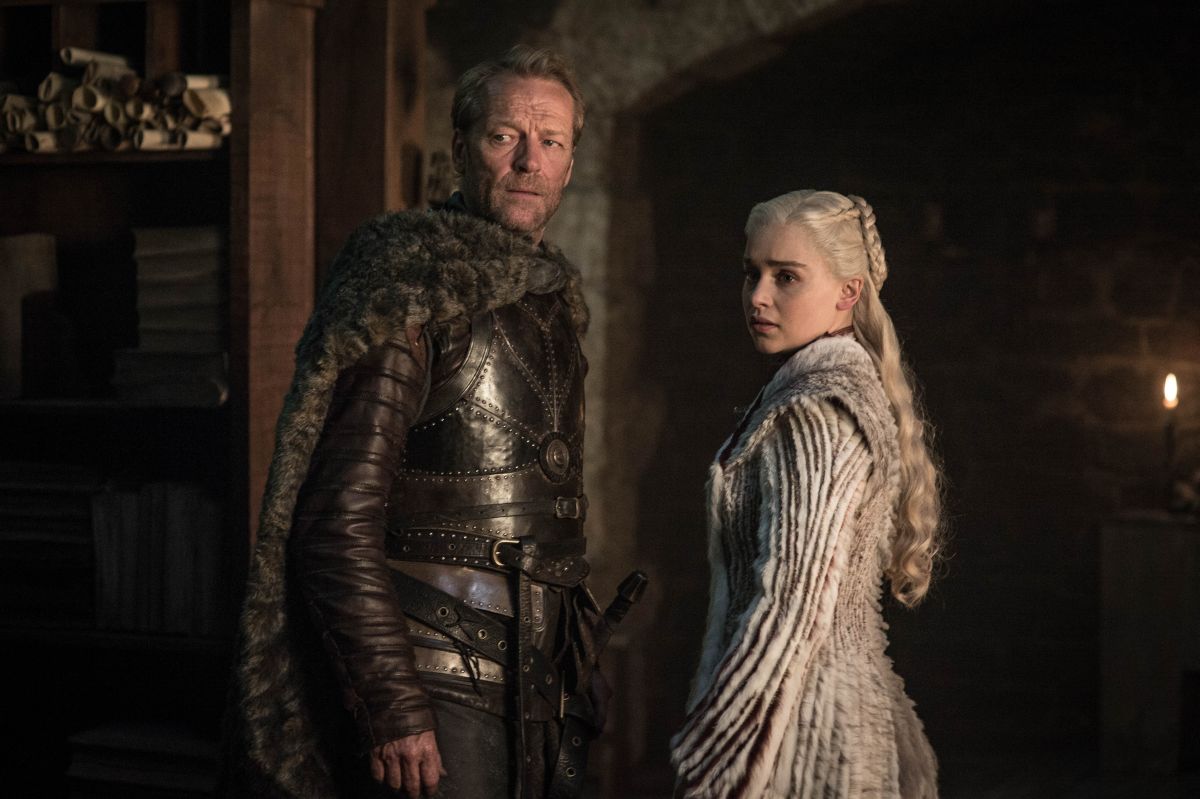
-
Game of Thrones Season 8
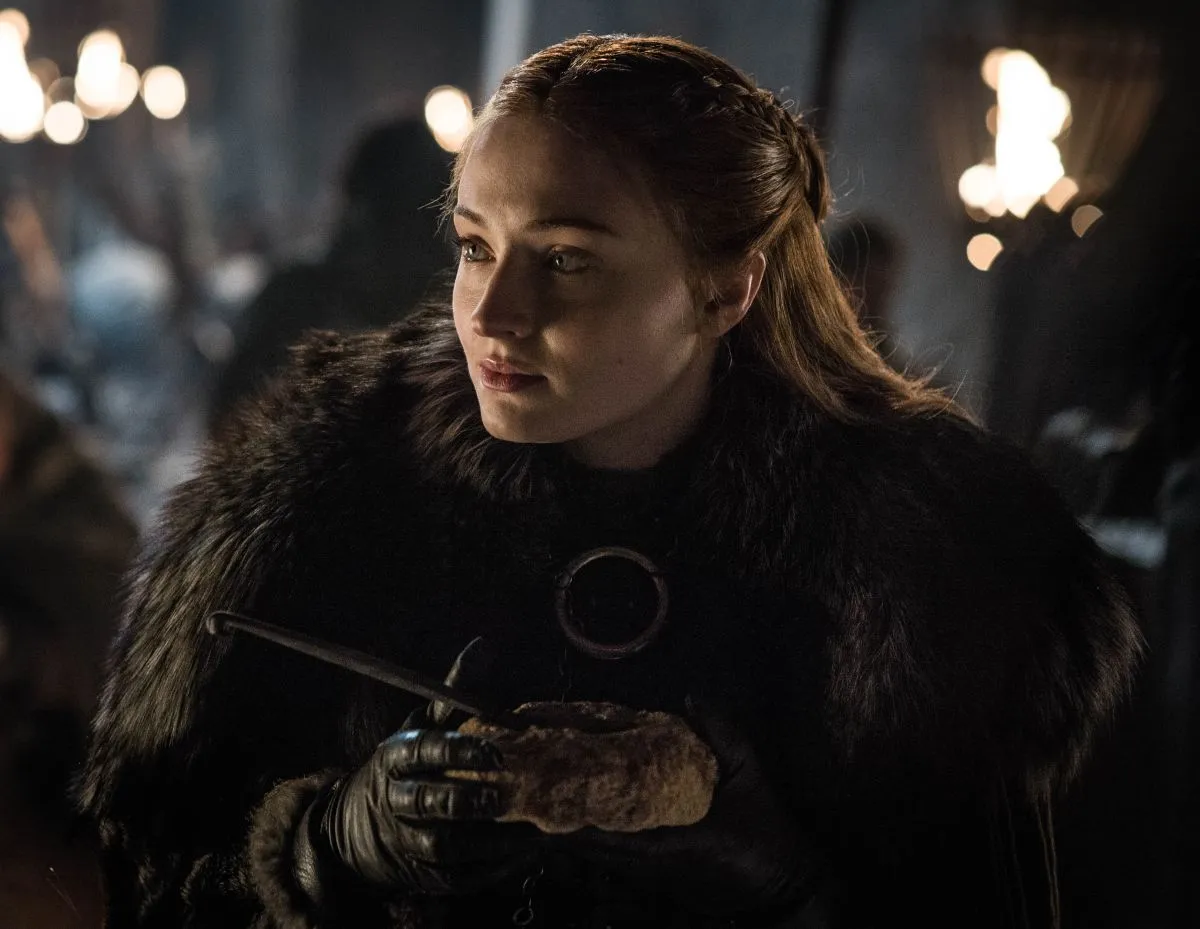
-
Game of Thrones Season 8
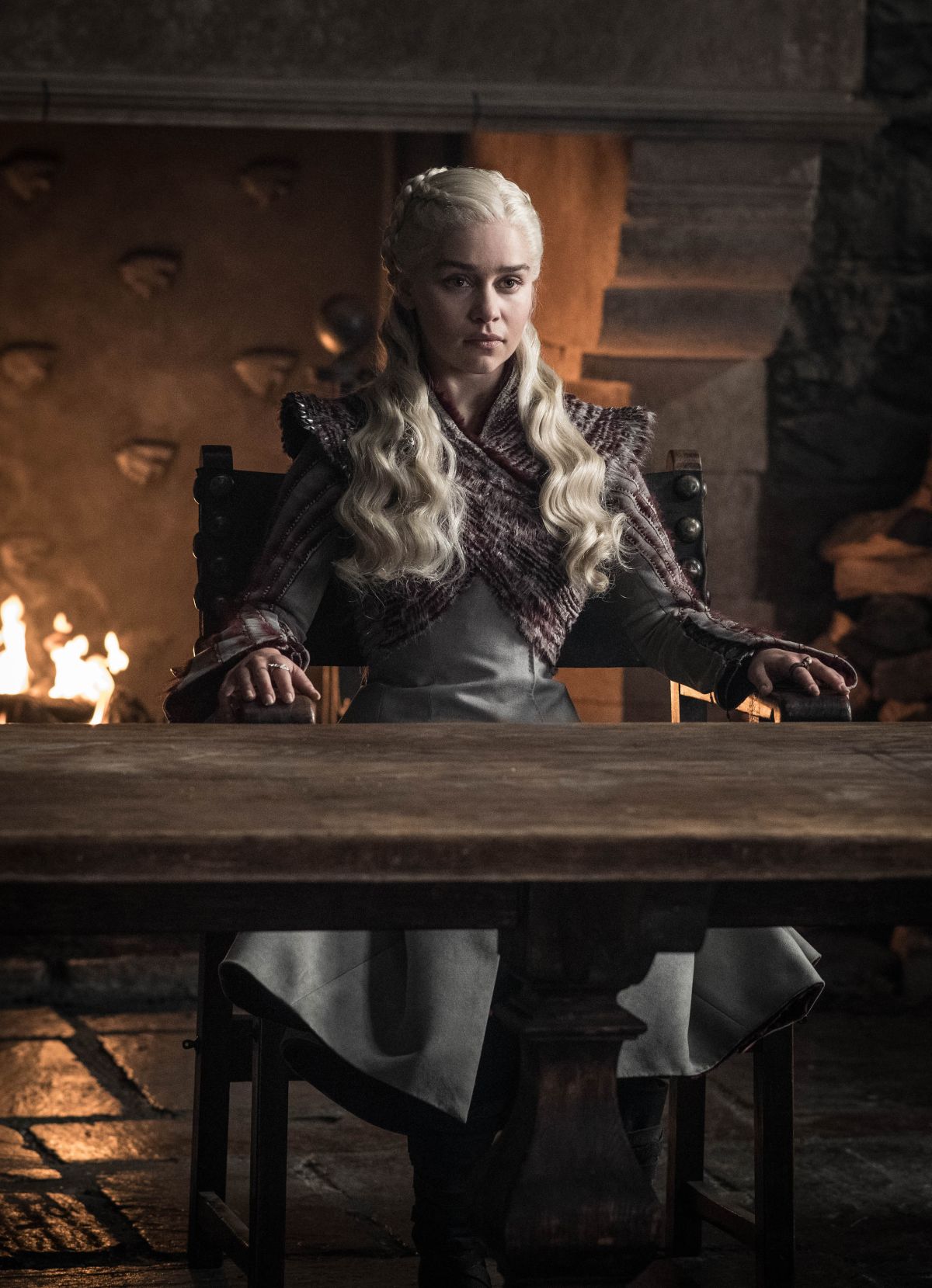
-
Game of Thrones Season 8
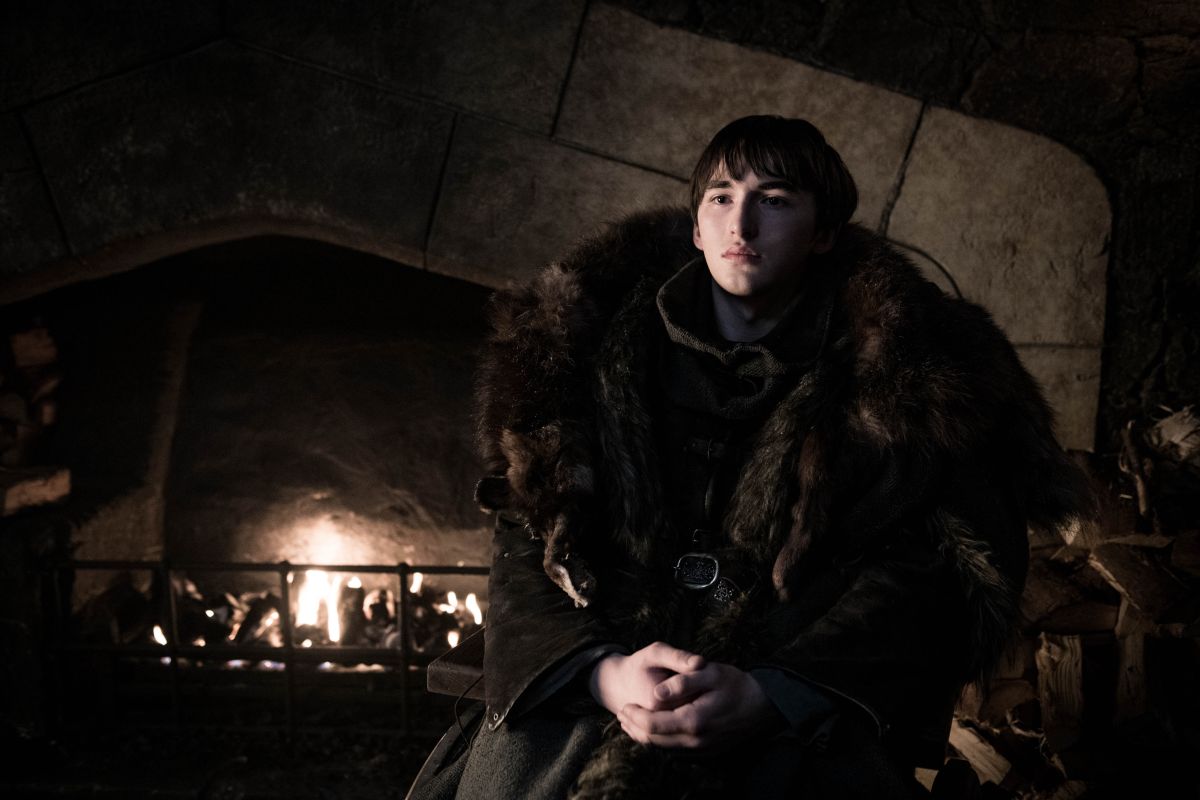
-
Game of Thrones Season 8

-
Game of Thrones Season 8
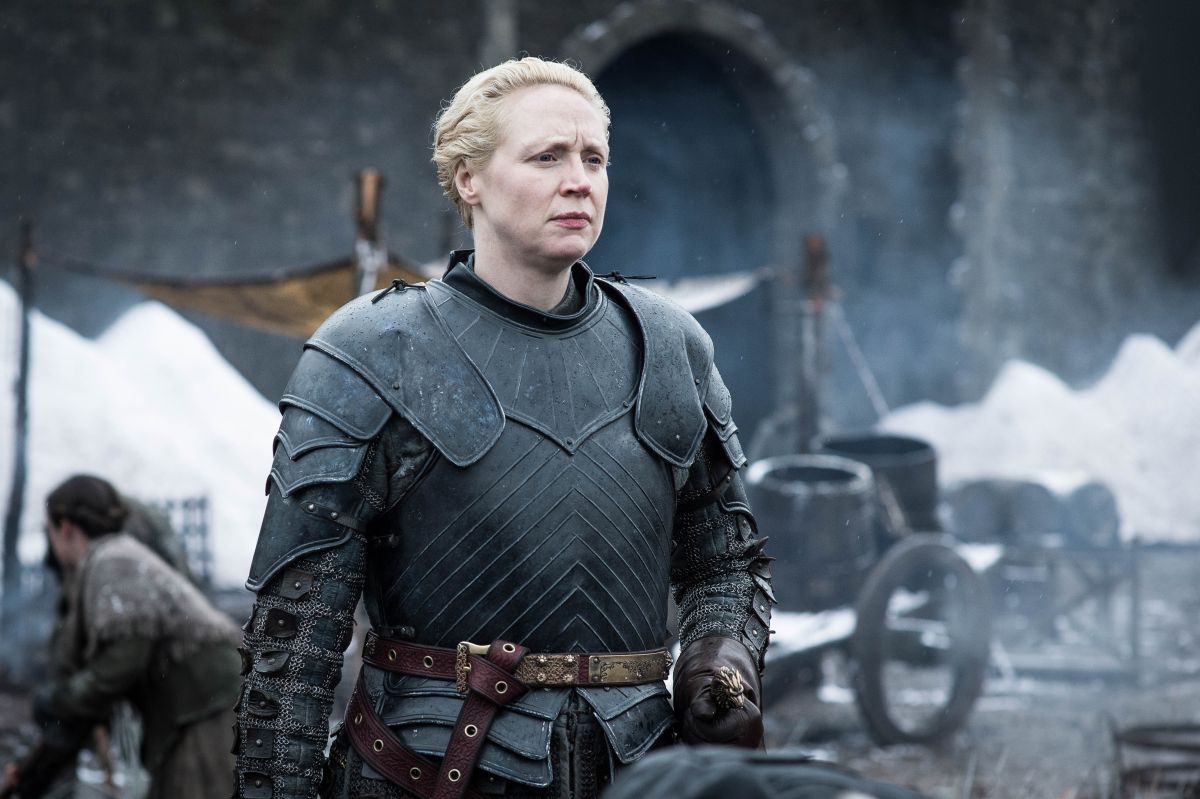
-
Game of Thrones Season 8
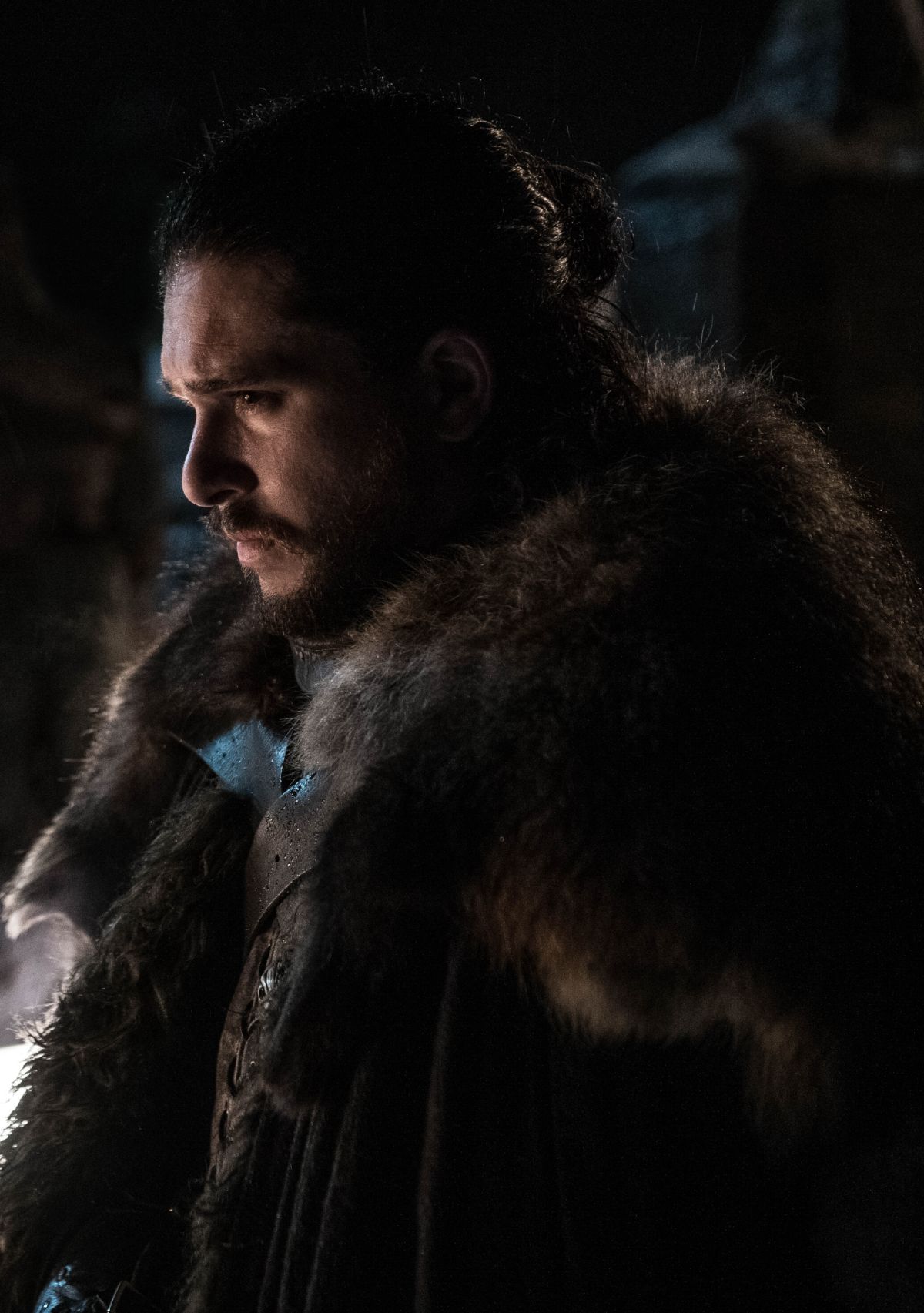
-
Game of Thrones Season 8
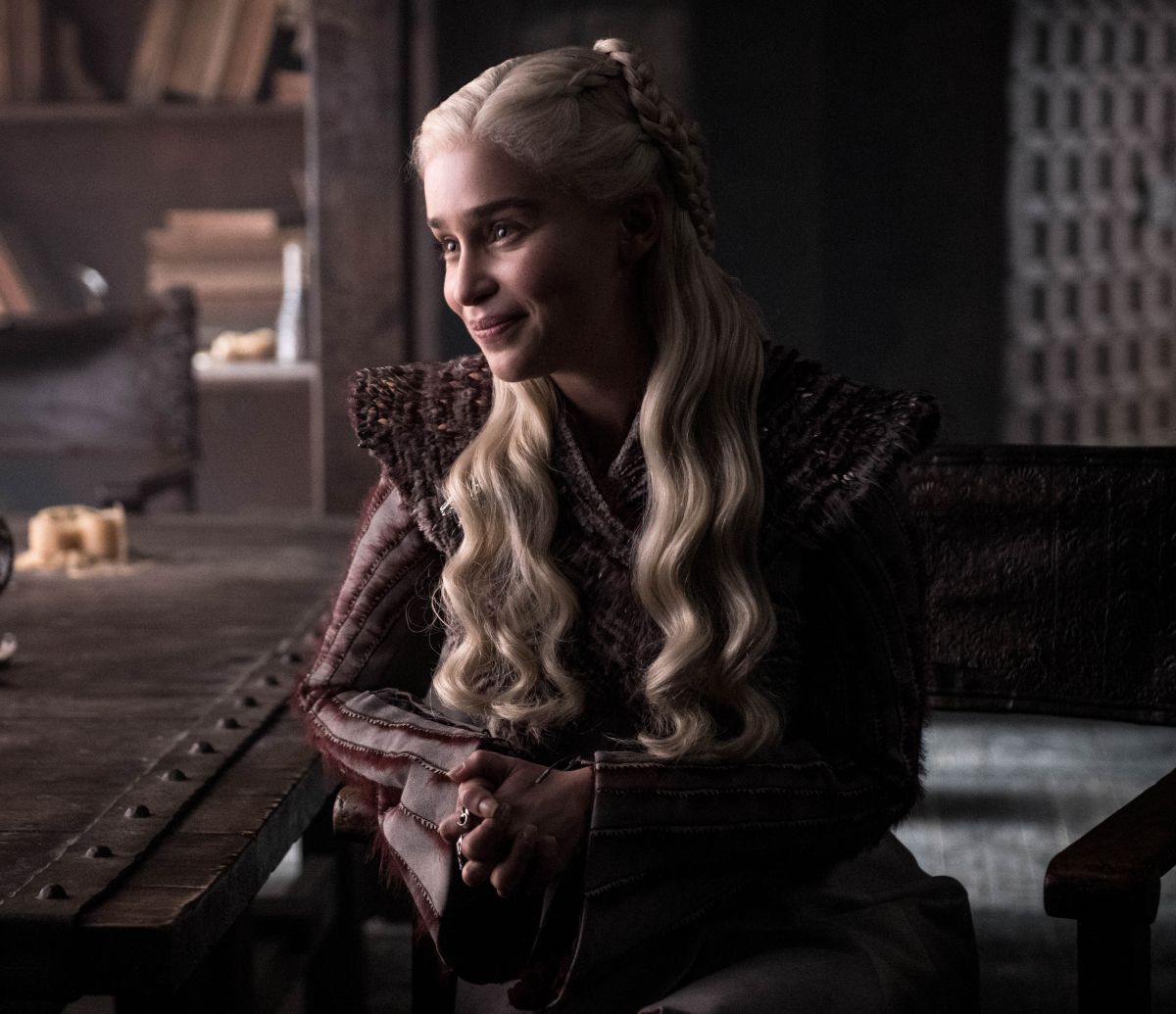
-
Game of Thrones Season 8
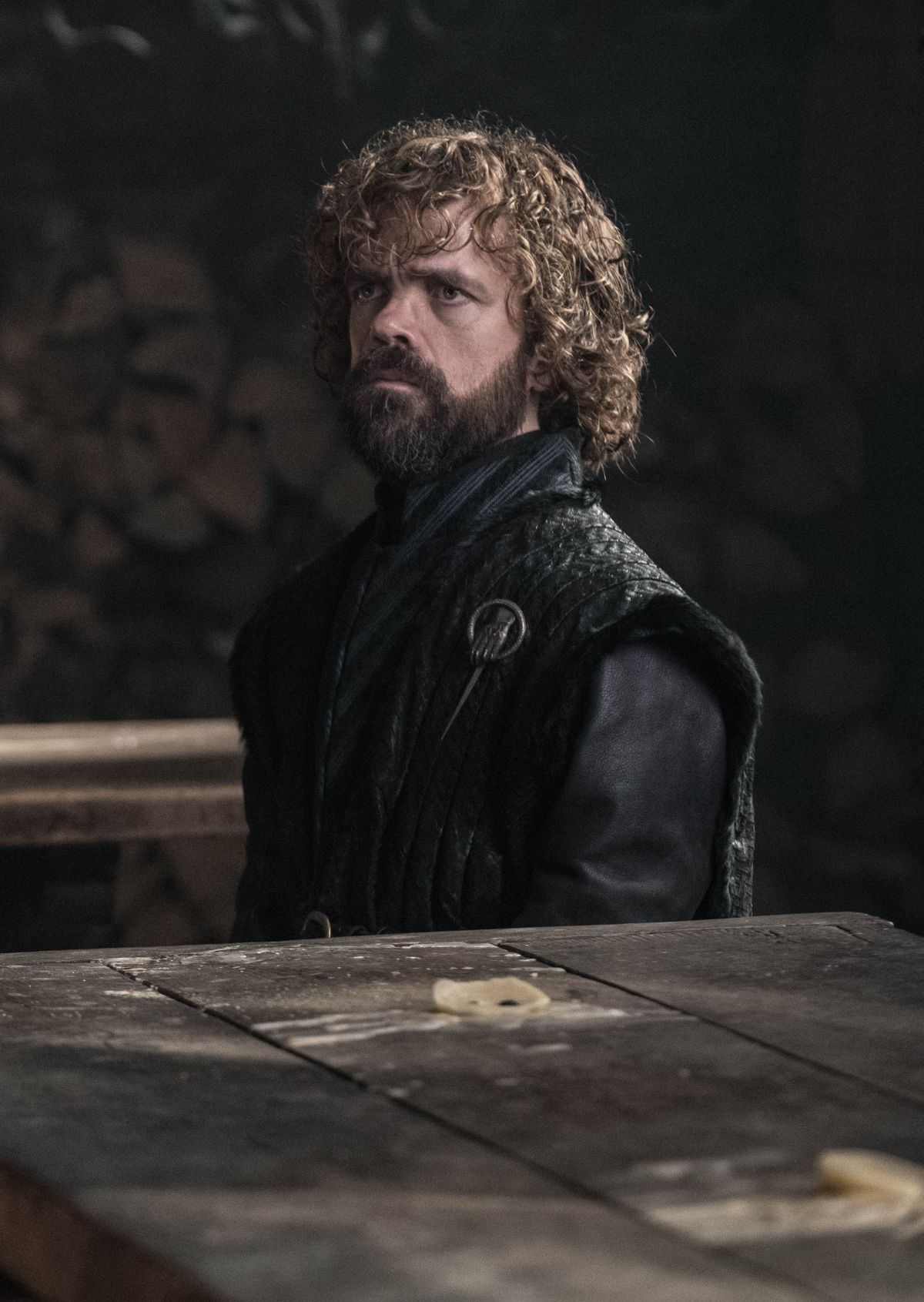
-
Game of Thrones Season 8
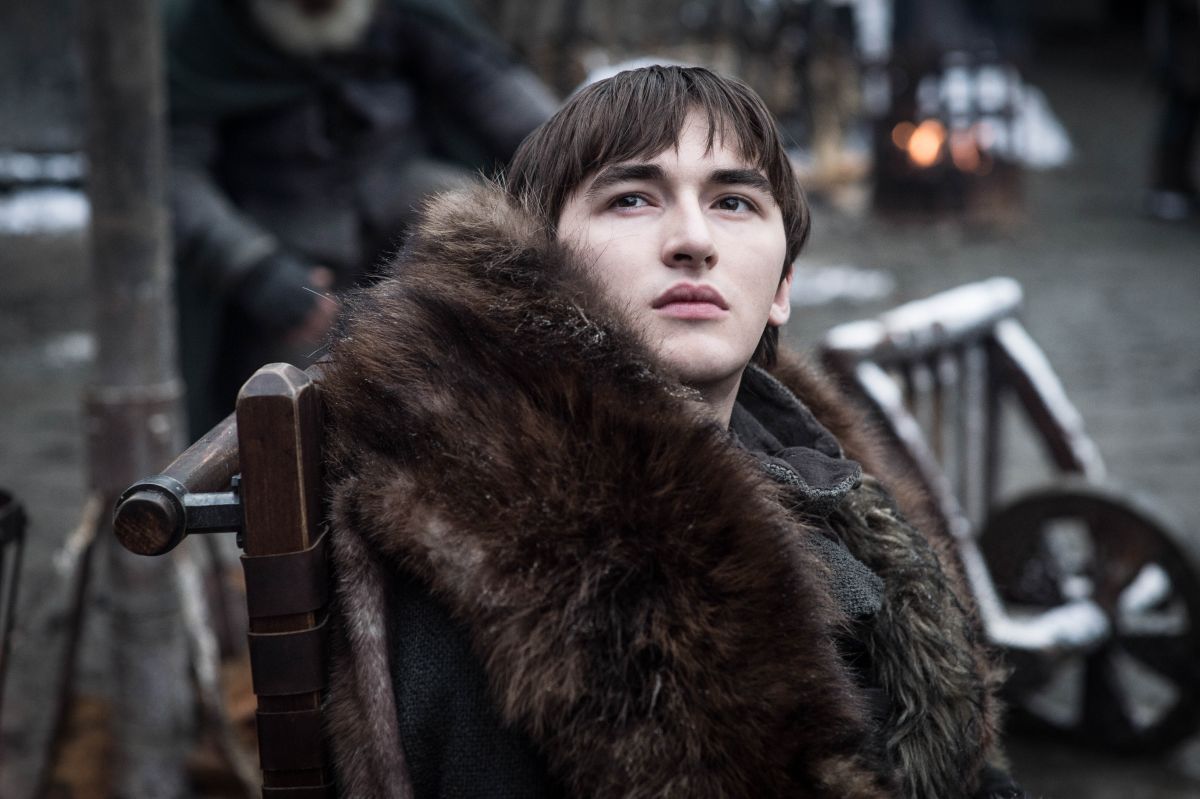
-
Game of Thrones Season 8
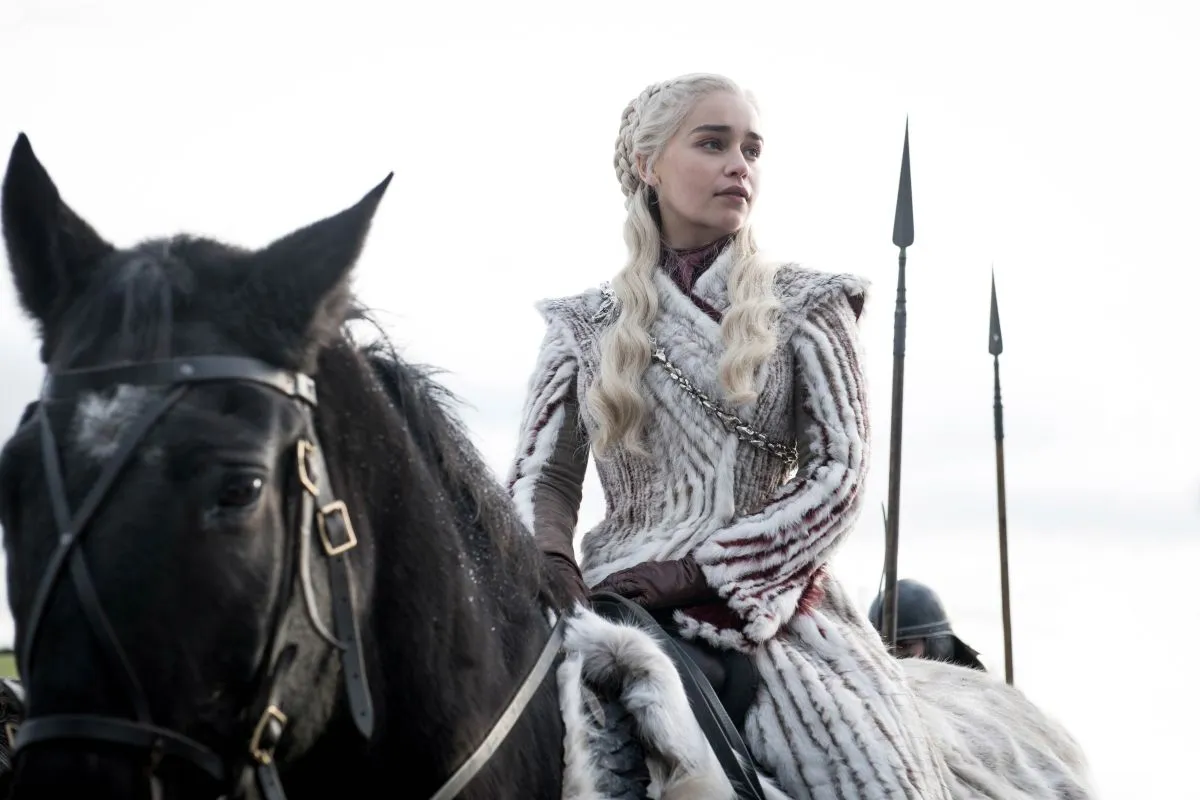
-
Game of Thrones Season 8
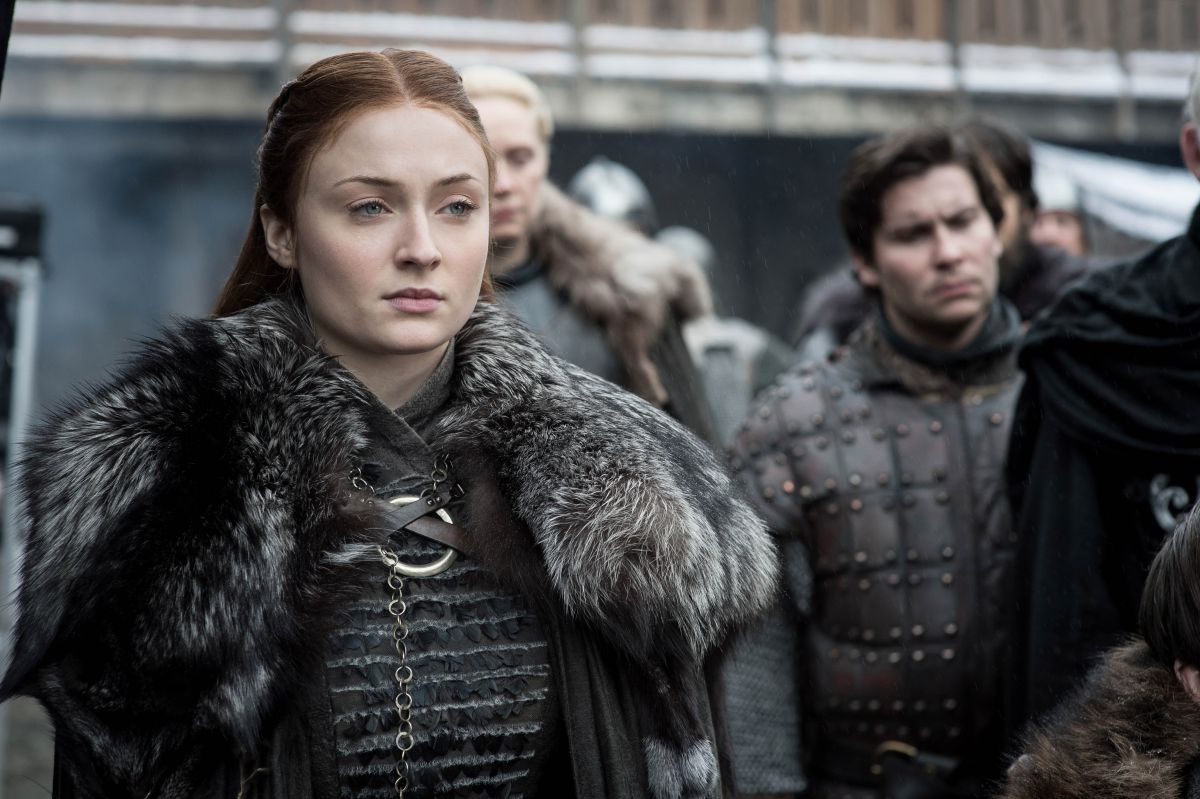
-
Game of Thrones Season 8
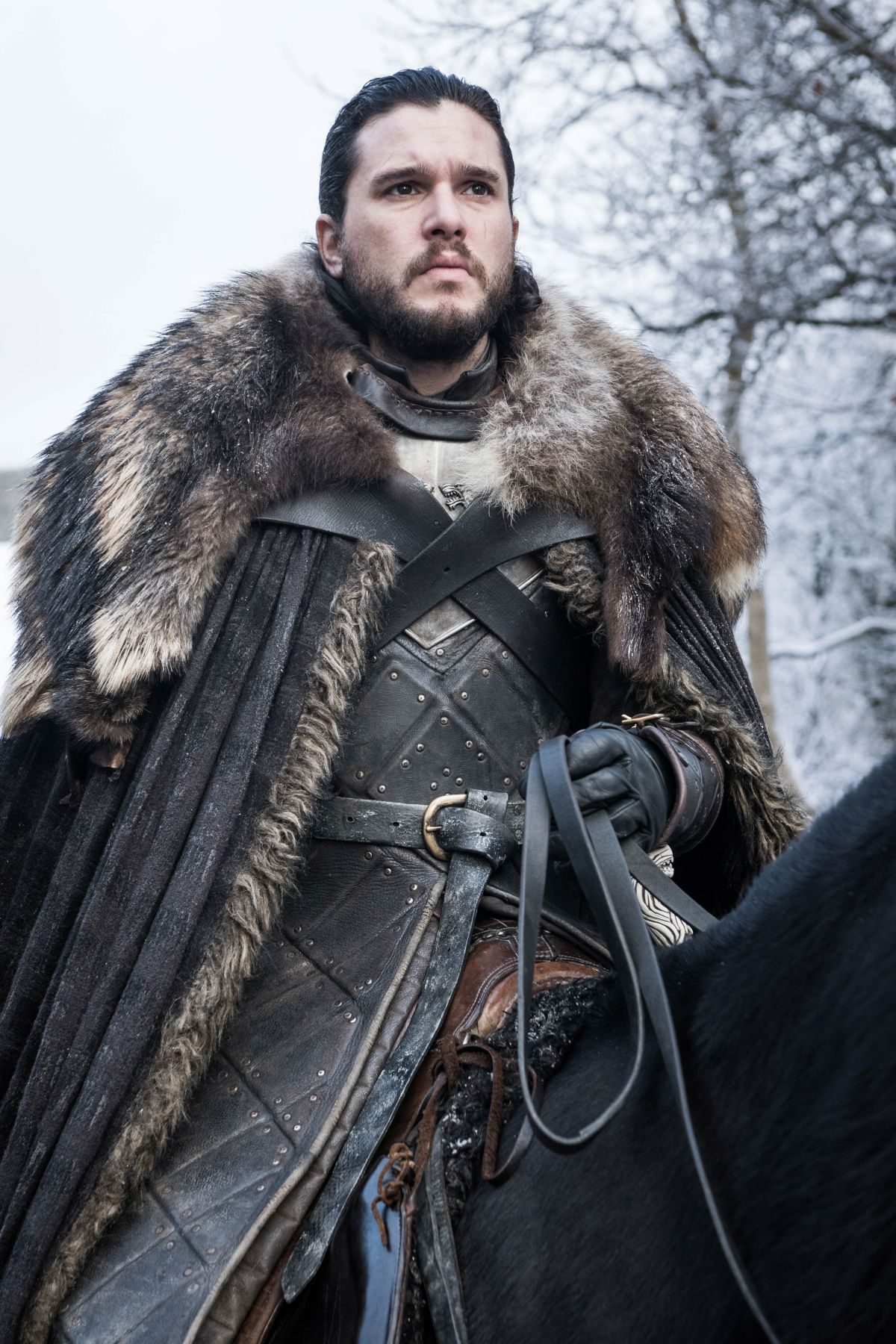
-
Game of Thrones Season 8
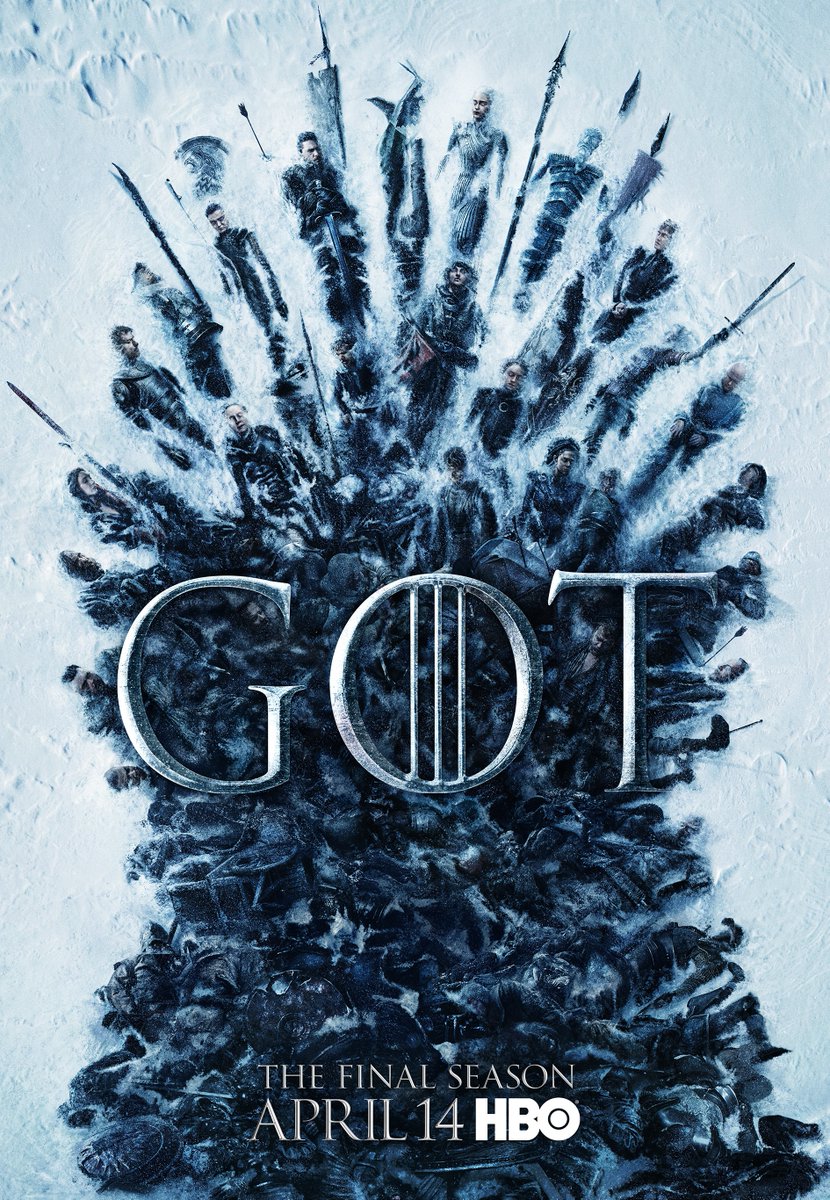
-
Game of Thrones Season 8
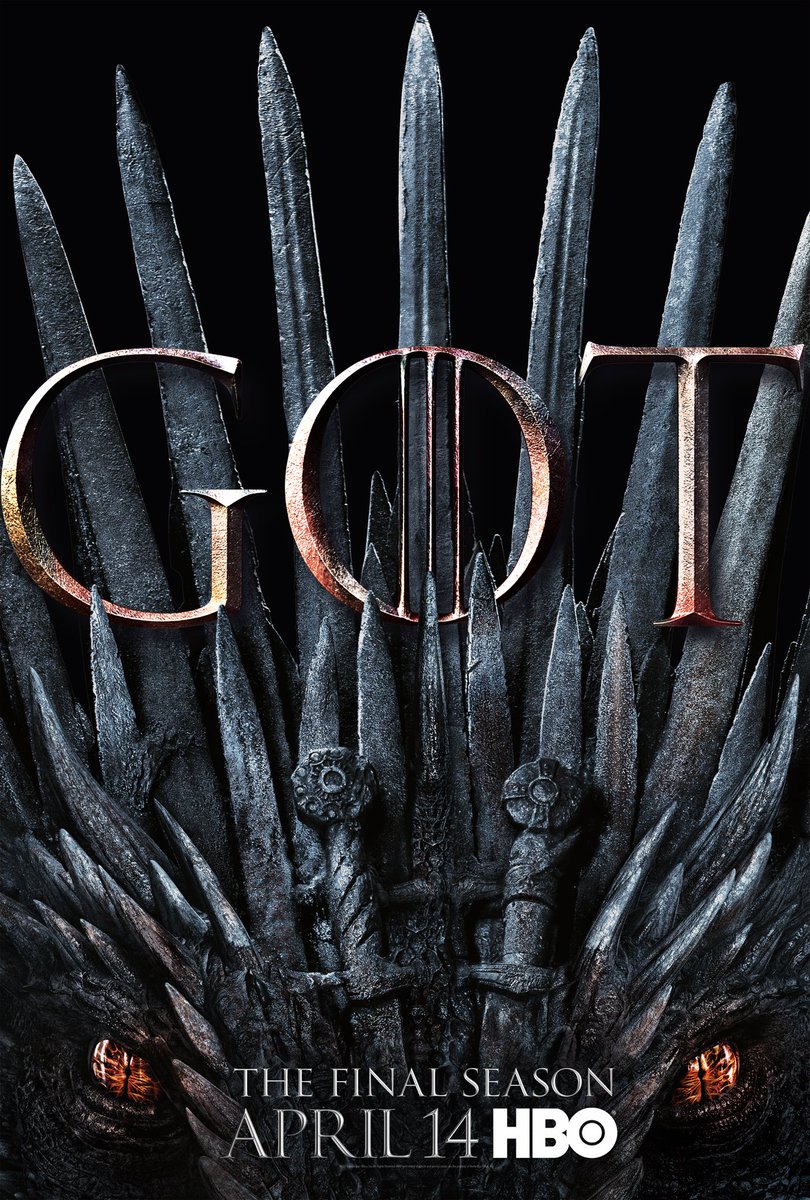
-
Game of Thrones Season 8

-
Game of Thrones Season 8

-
Game of Thrones Season 8

-
Game of Thrones Season 8

-
Game of Thrones Season 8

-
Game of Thrones Season 8

-
Game of Thrones Season 8

-
Game of Thrones Season 8

-
Game of Thrones Season 8

-
Game of Thrones Season 8

-
Game of Thrones Season 8

-
Game of Thrones Season 8

-
Game of Thrones Season 8

-
Game of Thrones Season 8

-
Game of Thrones Season 8

-
Game of Thrones Season 8

-
Game of Thrones Season 8

-
Game of Thrones Season 8

-
Game of Thrones Season 8

-
Game of Thrones Season 8

-
Game of Thrones Season 8
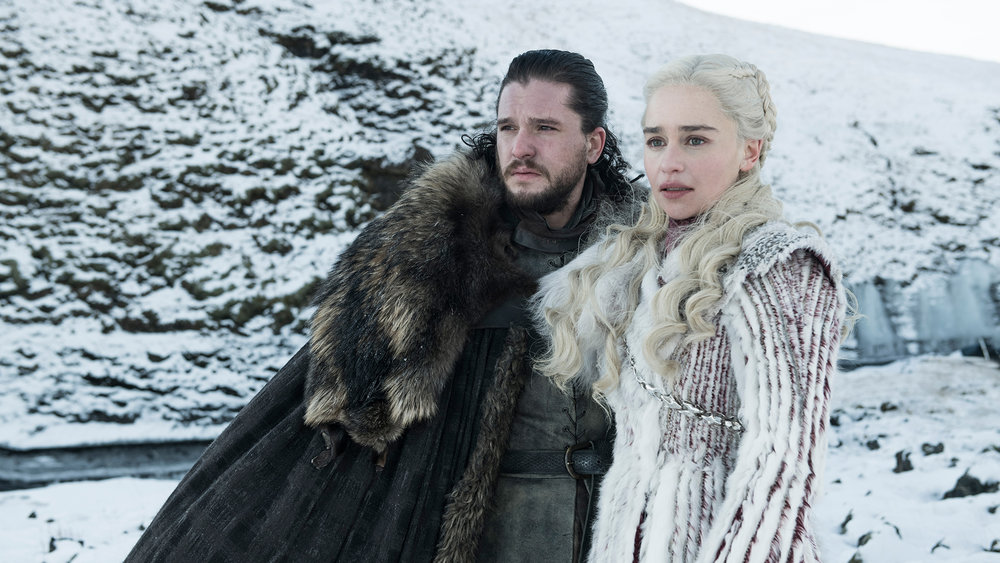
-
Game of Thrones Season 8
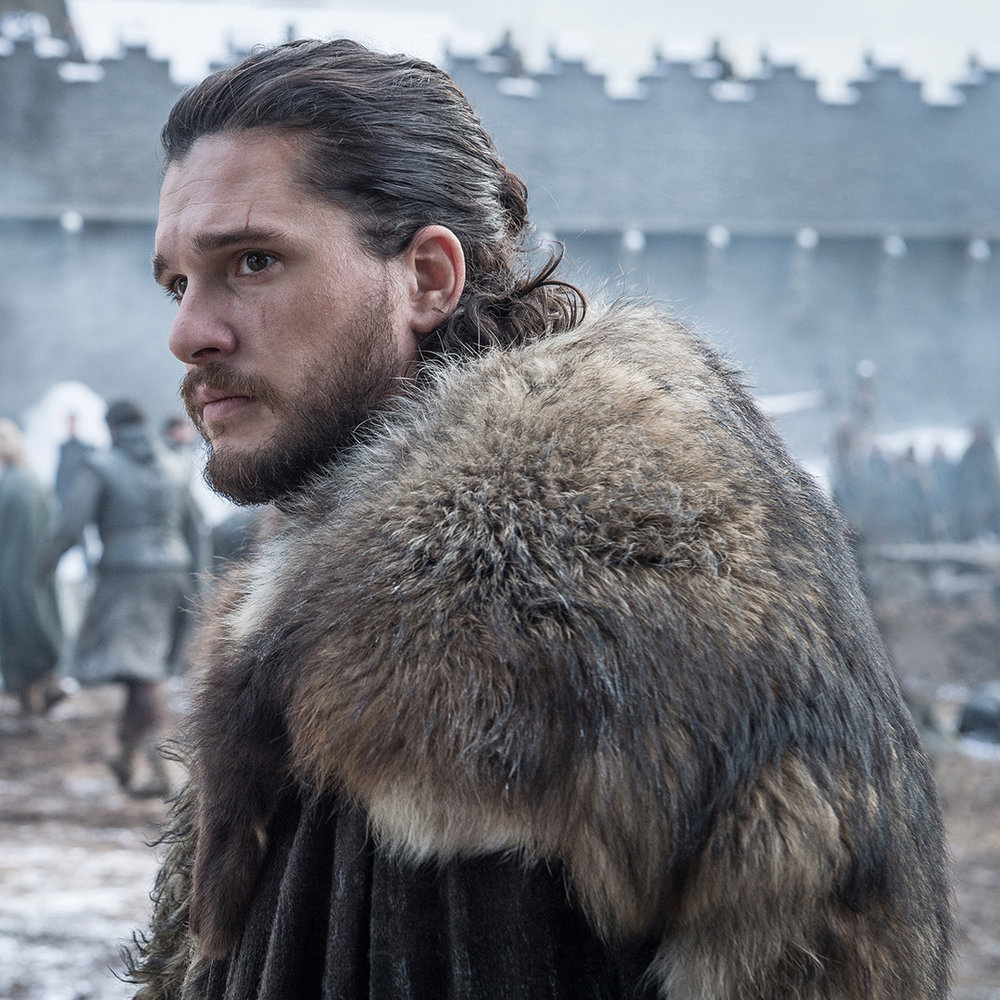
-
Game of Thrones Season 8
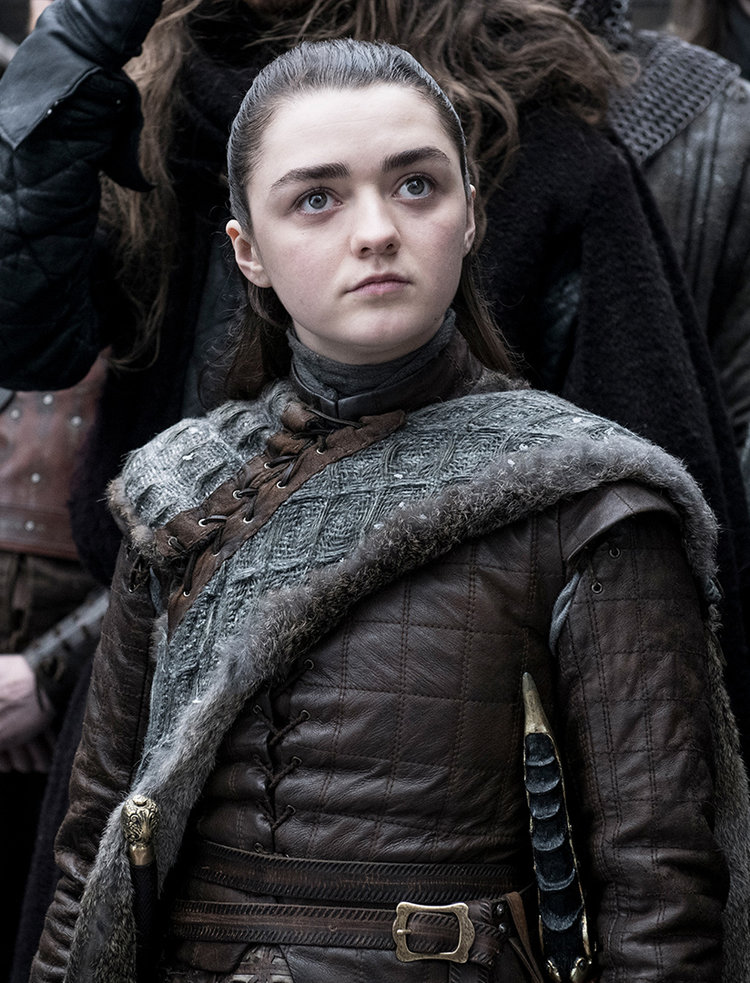
-
Game of Thrones Season 8

-
Game of Thrones Season 8
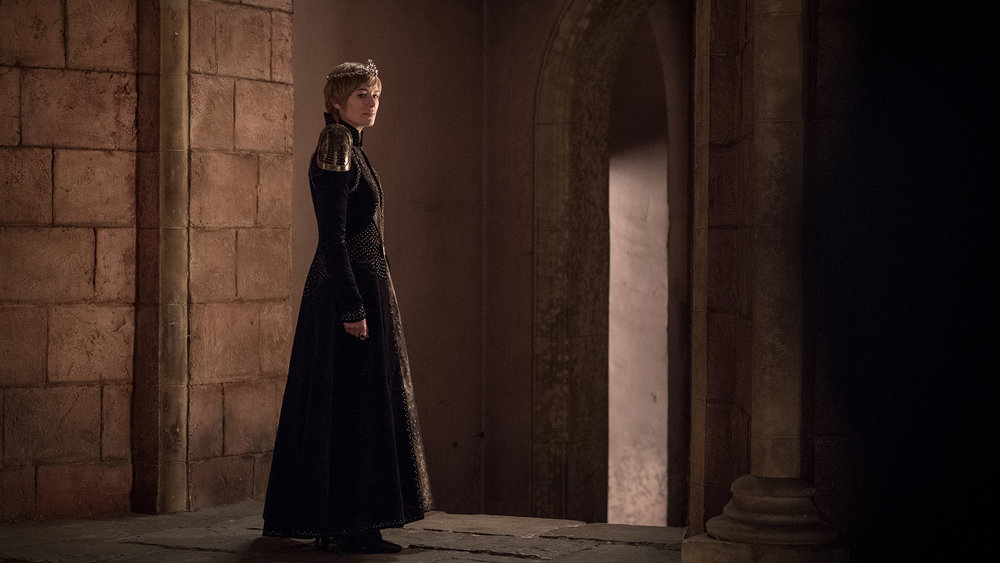
-
Game of Thrones Season 8
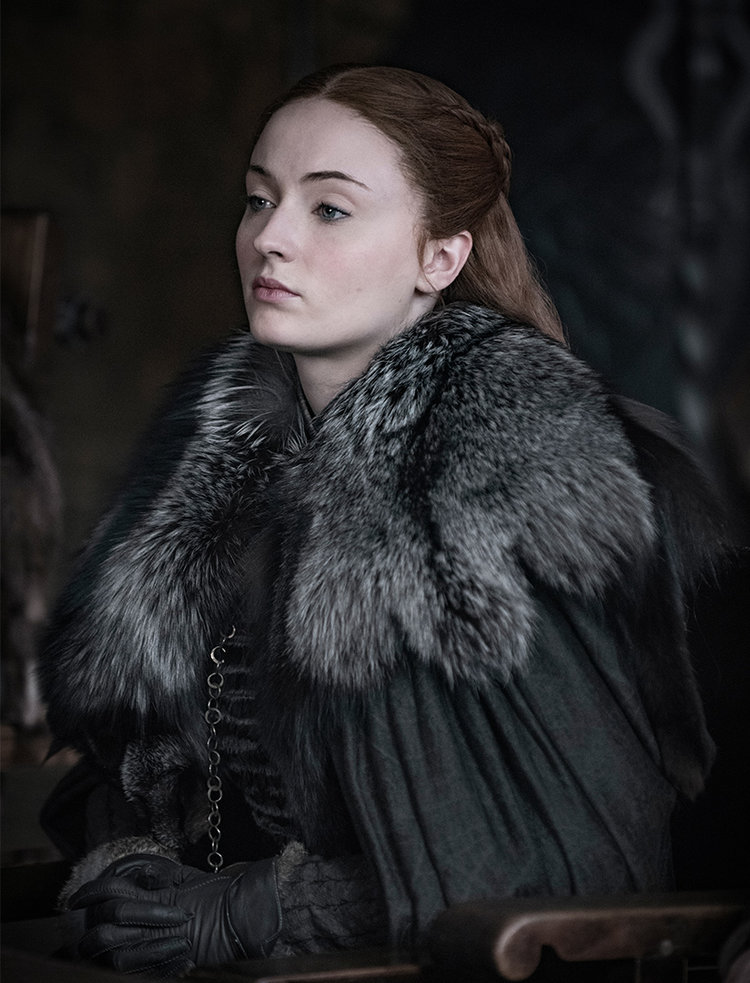
-
Game of Thrones Season 8
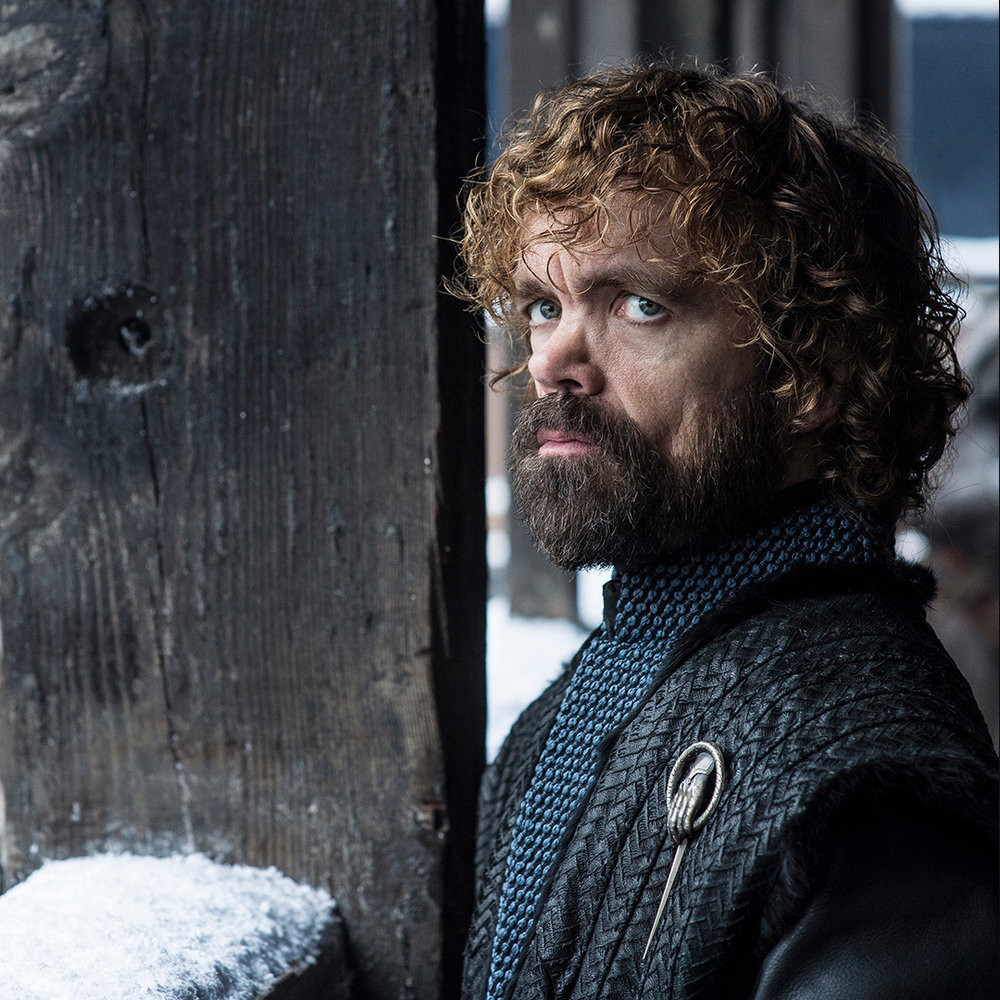
-
Game of Thrones Season 8
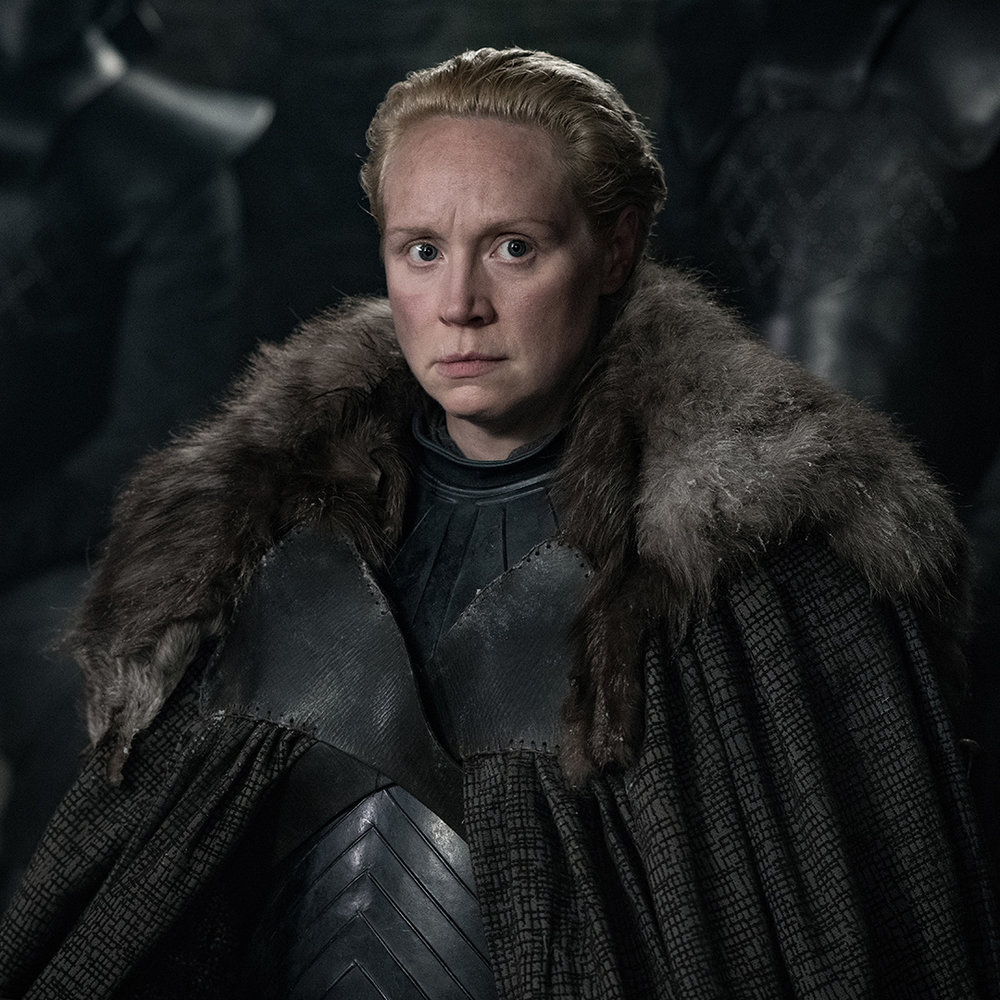
-
Game of Thrones Season 8
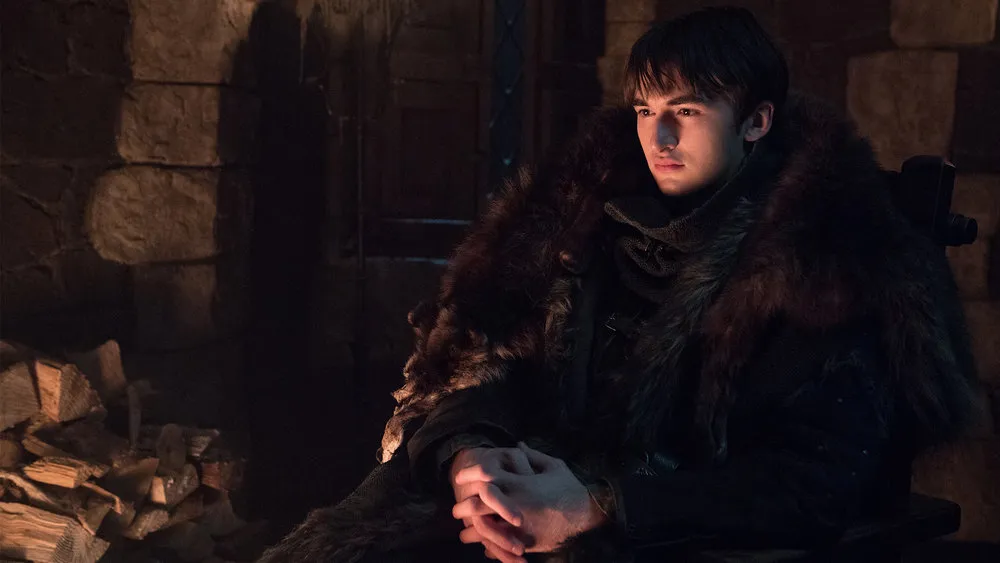
-
Game of Thrones Season 8
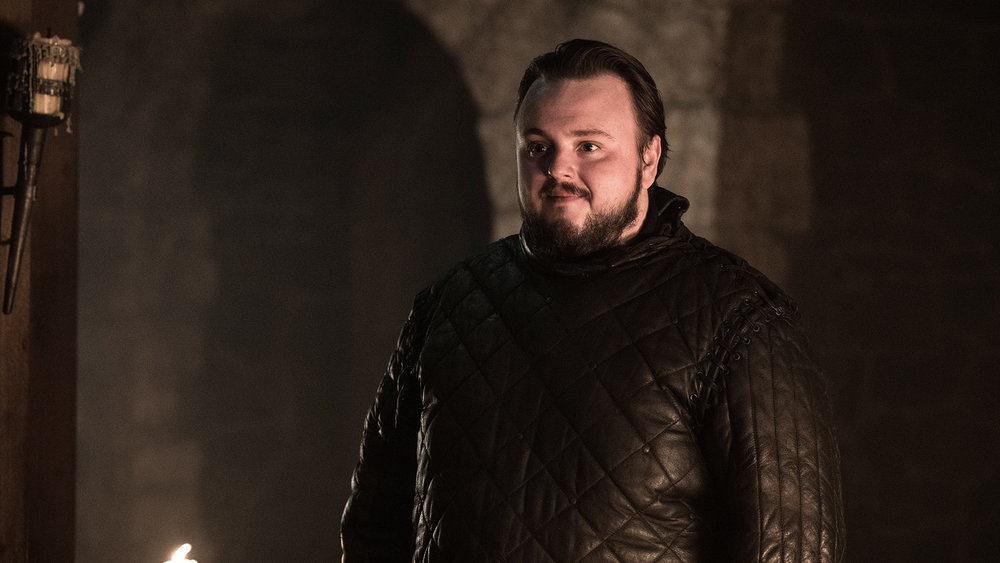
-
Game of Thrones Season 8
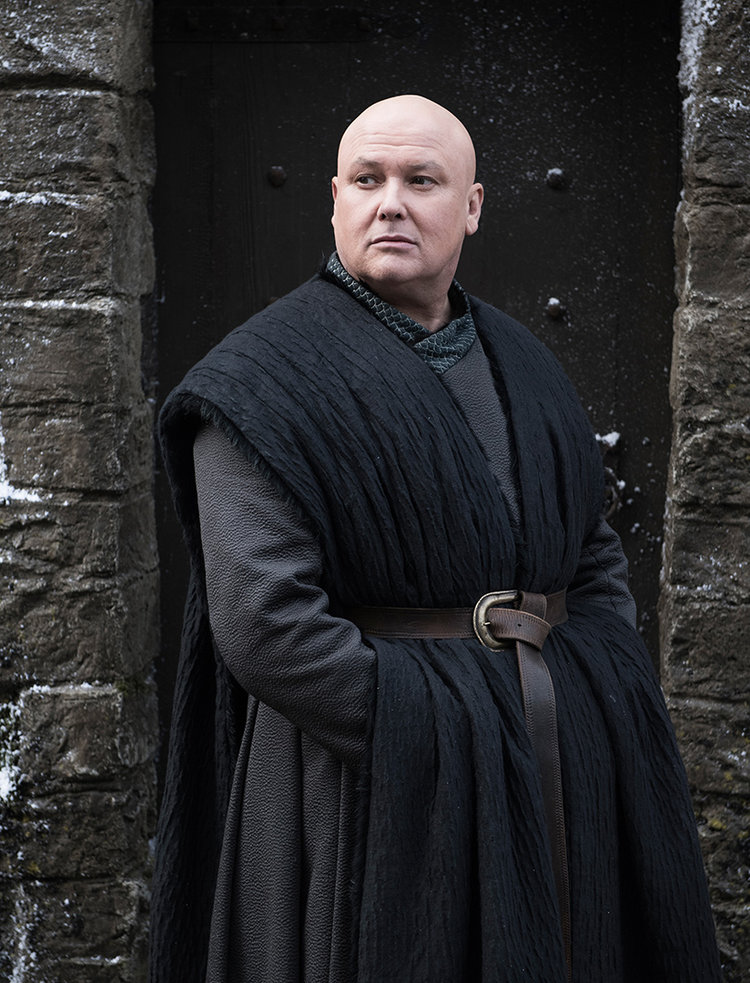
-
Game of Thrones Season 8
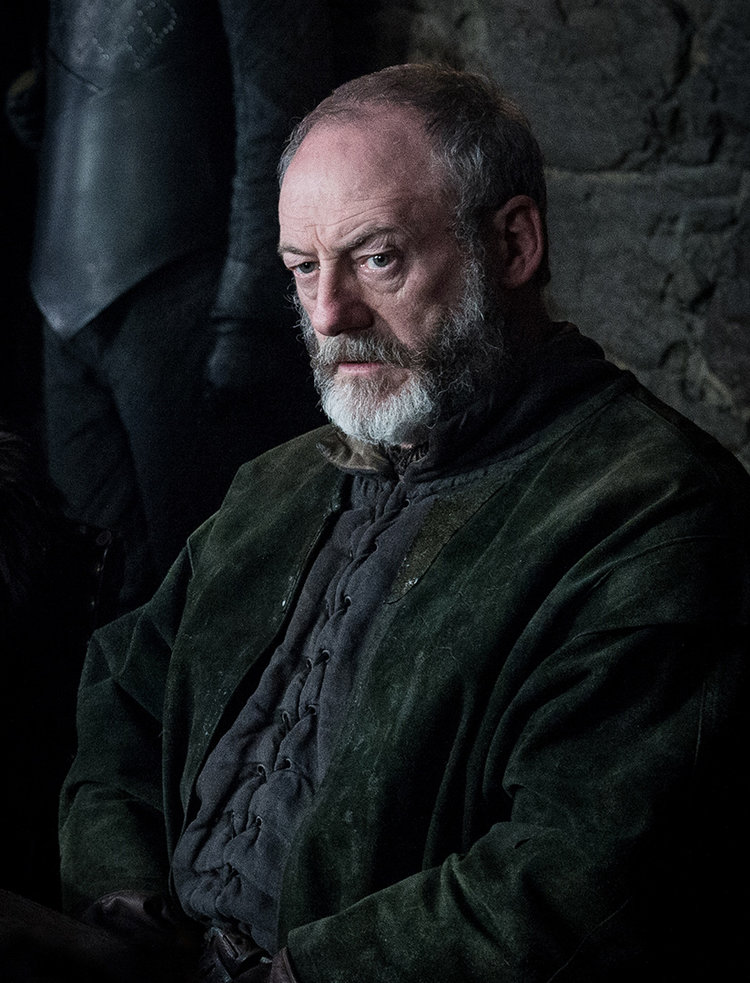
-
Game of Thrones Season 8
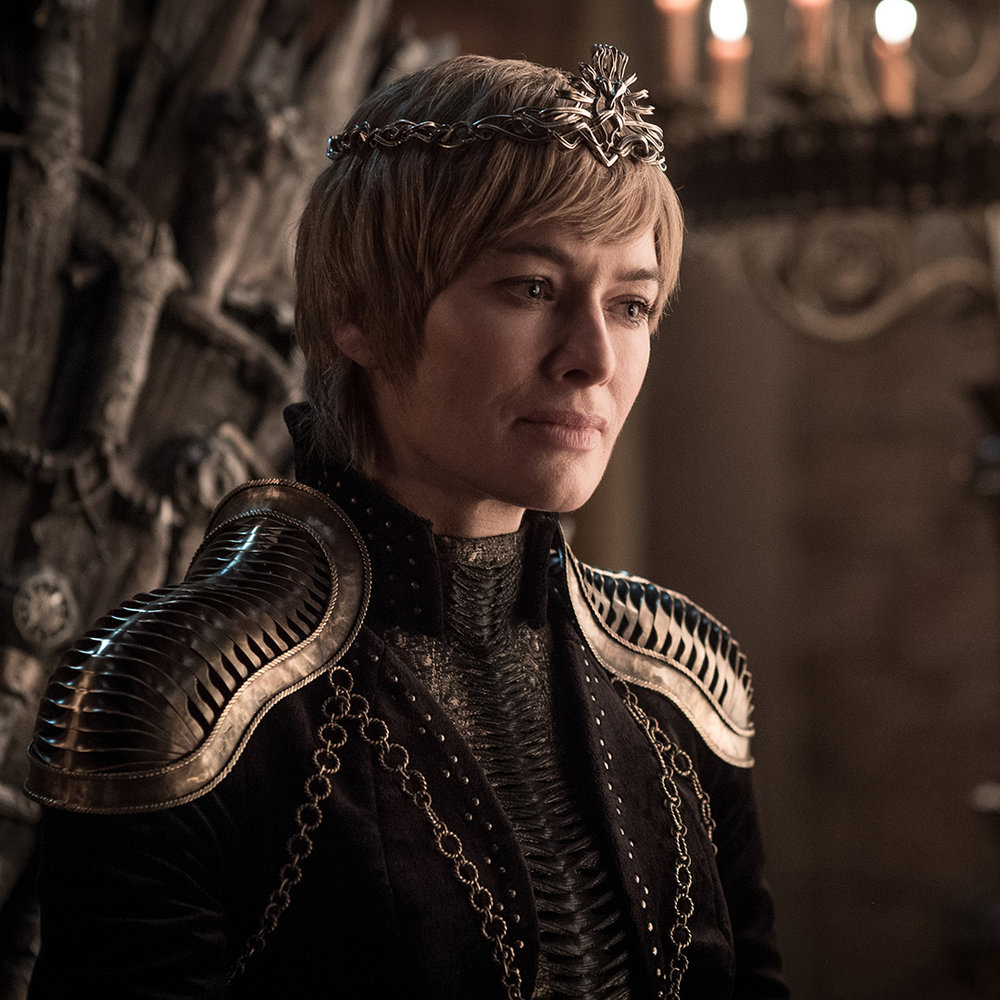
-
Game of Thrones Season 8
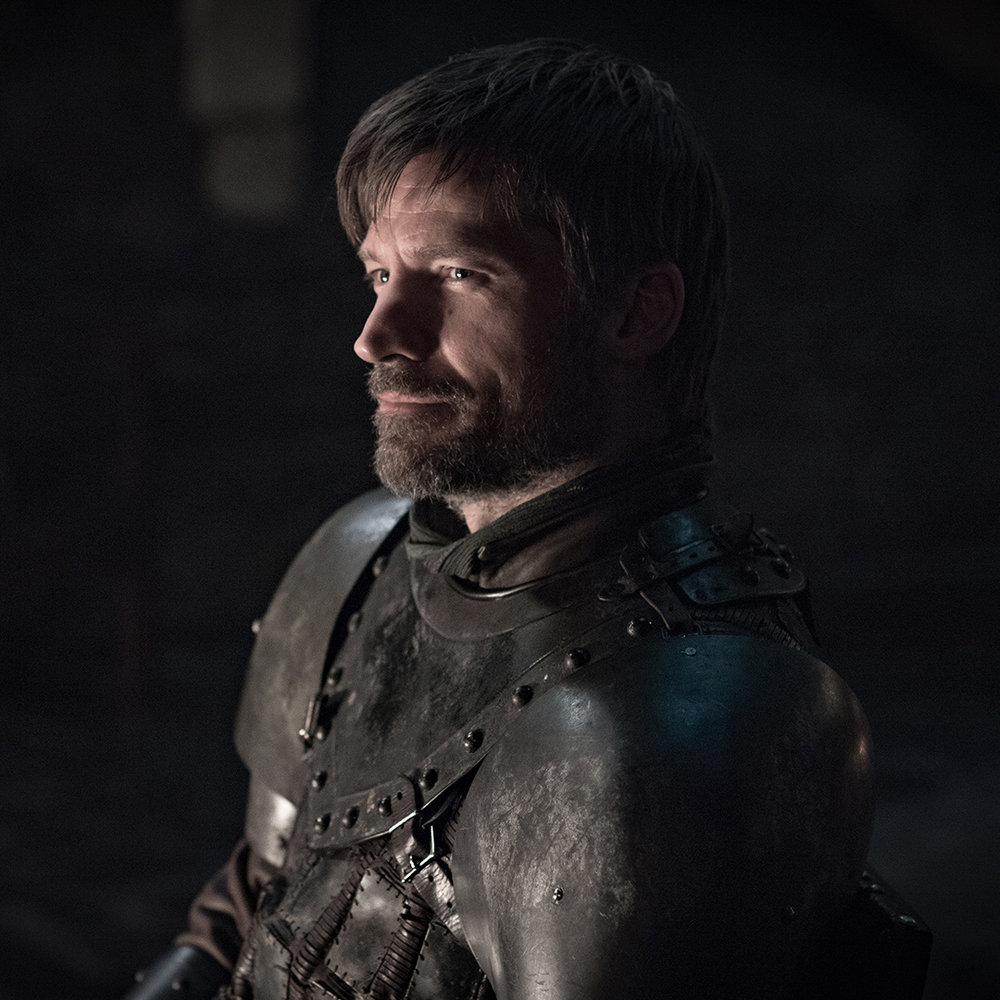
-
Game of Thrones Season 8

